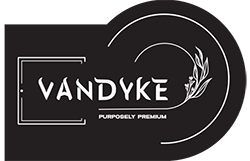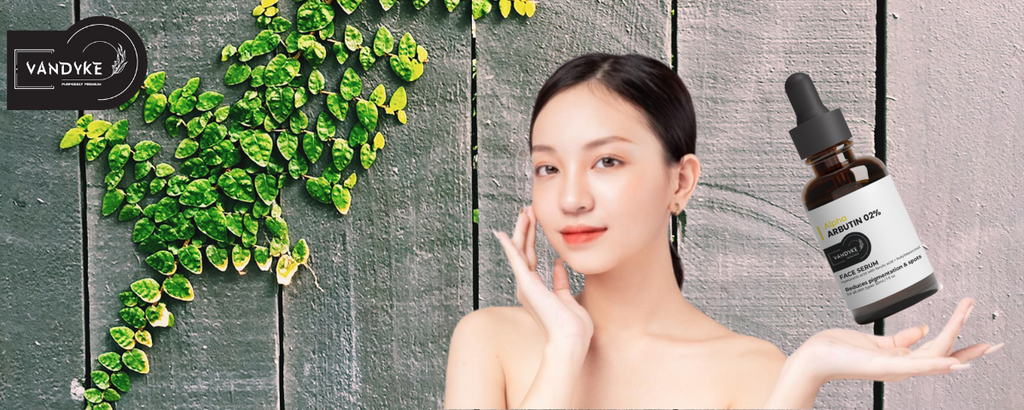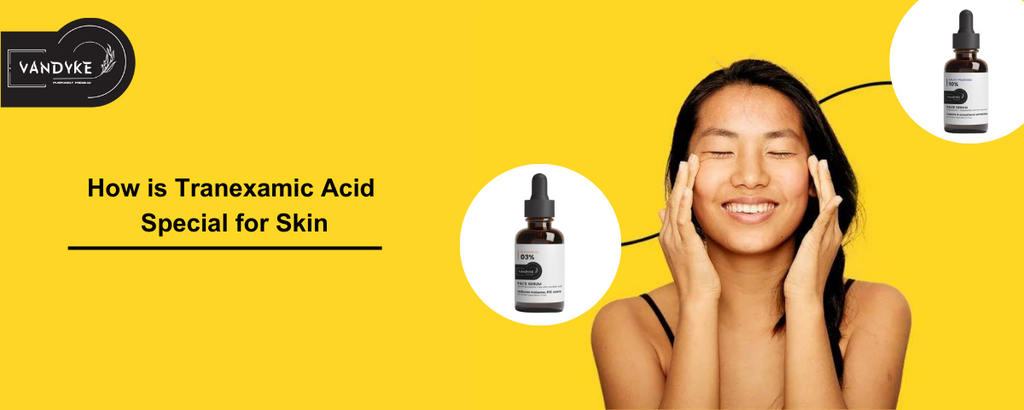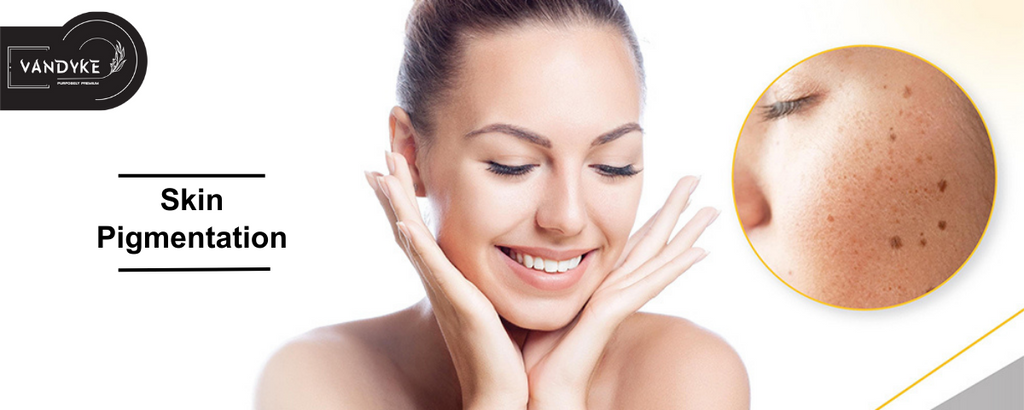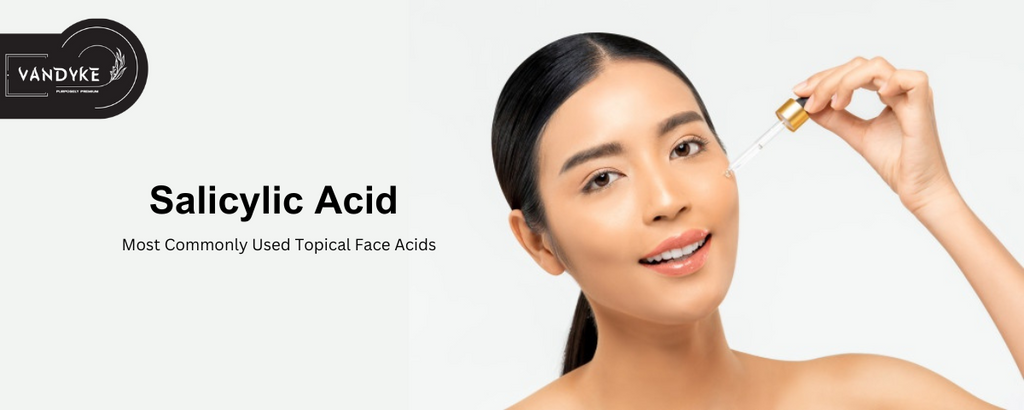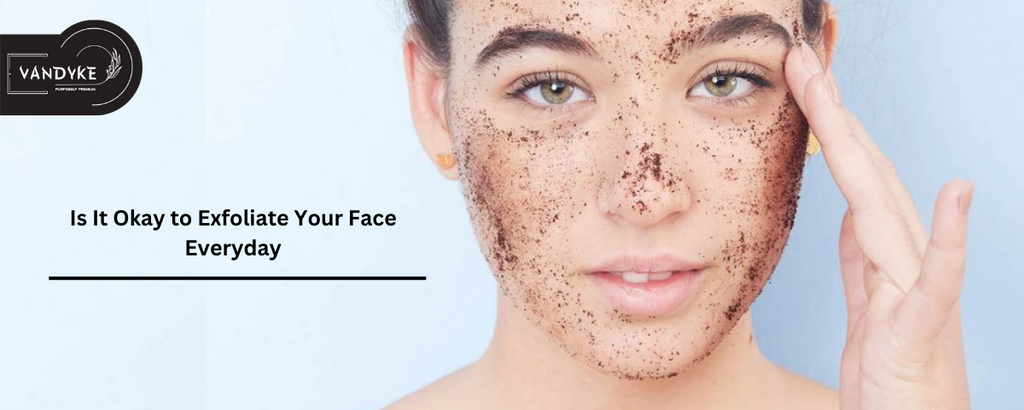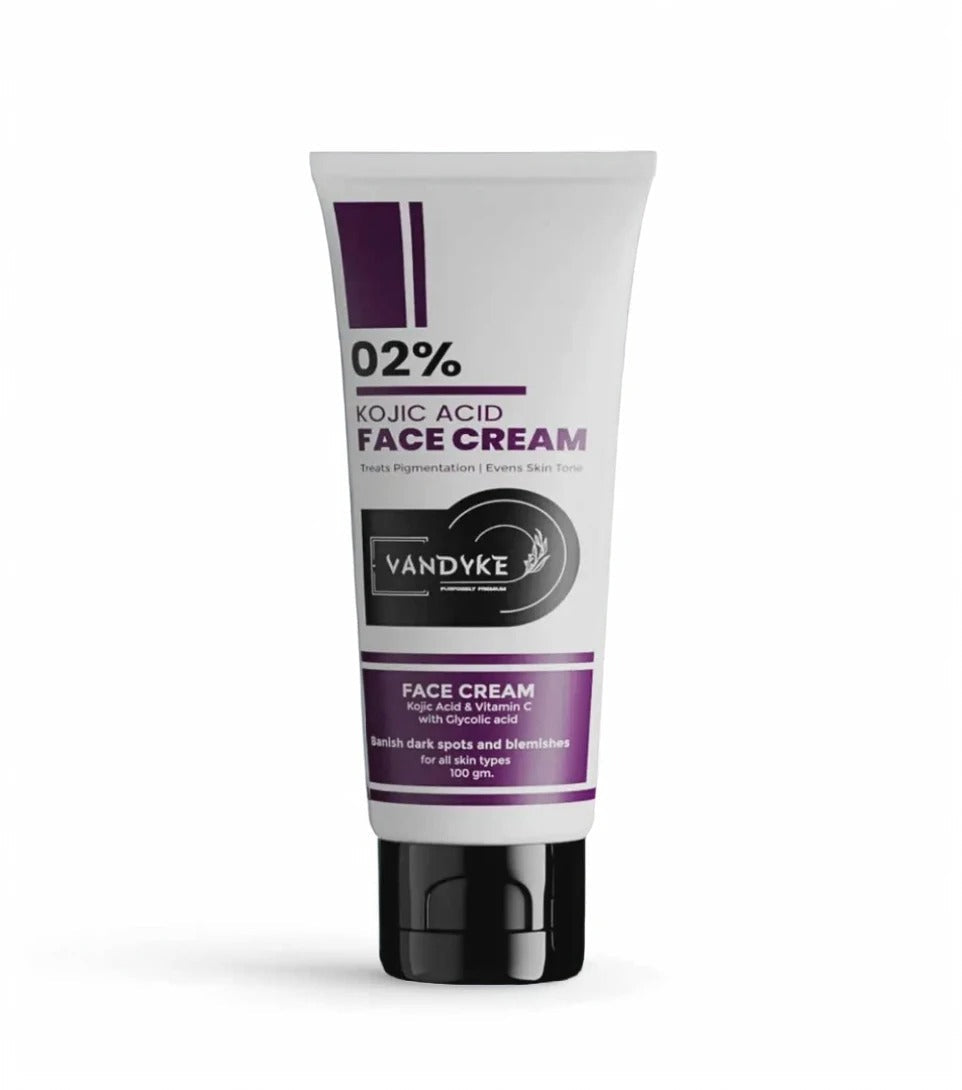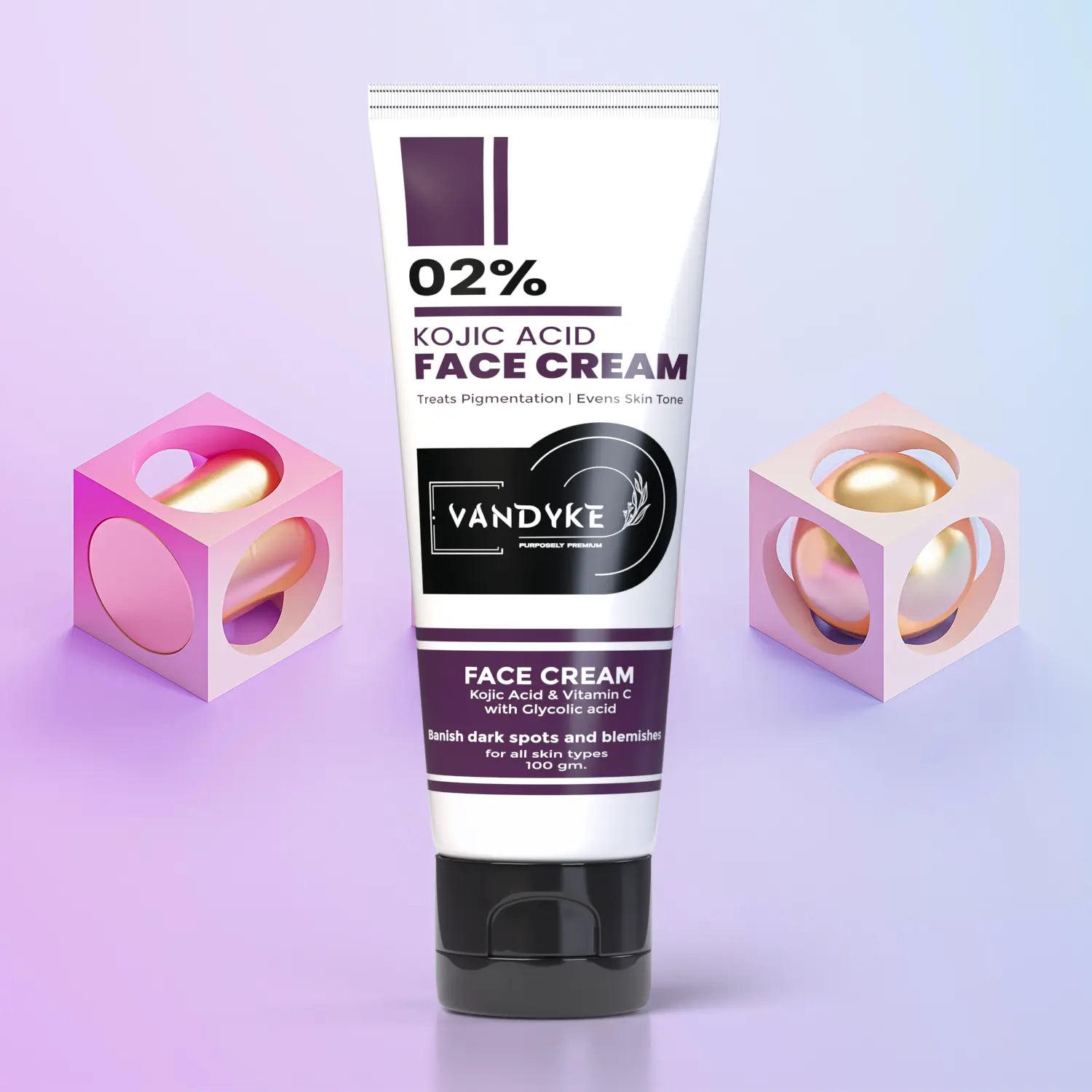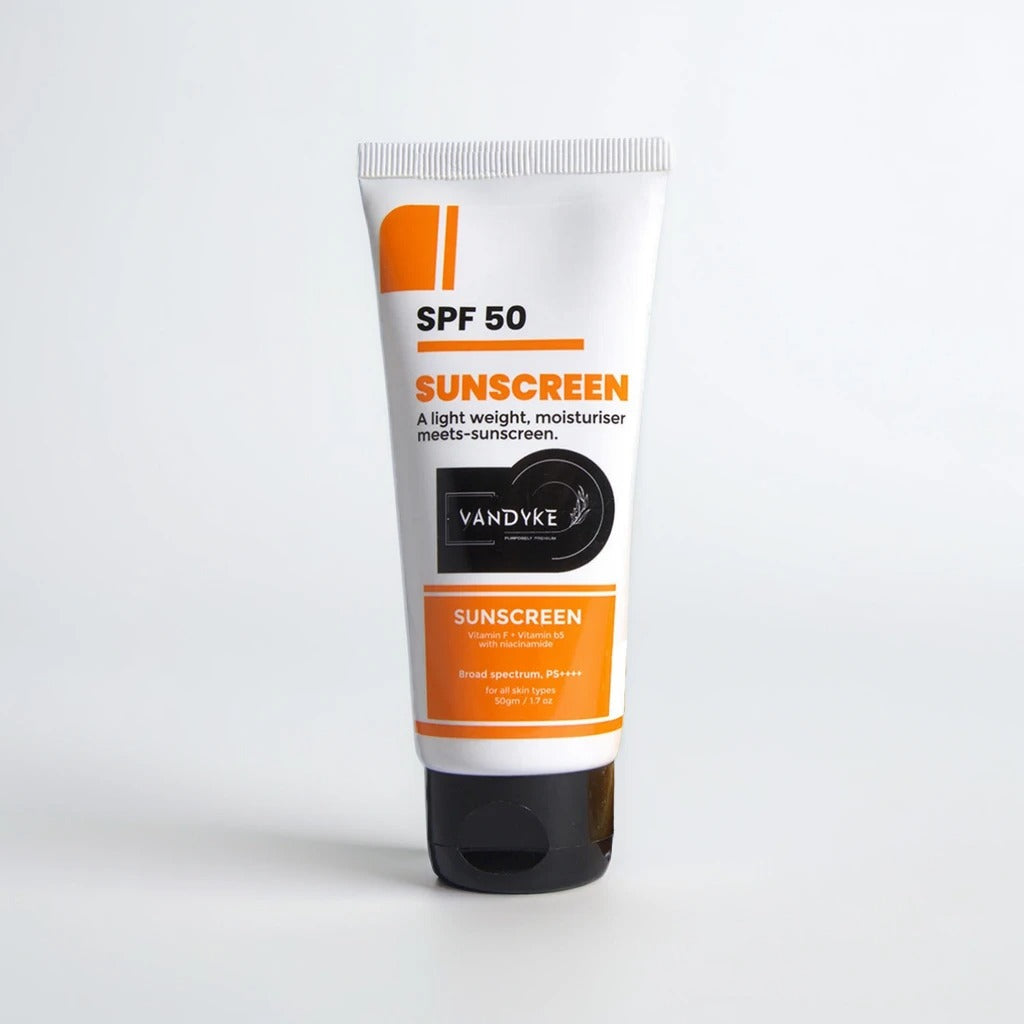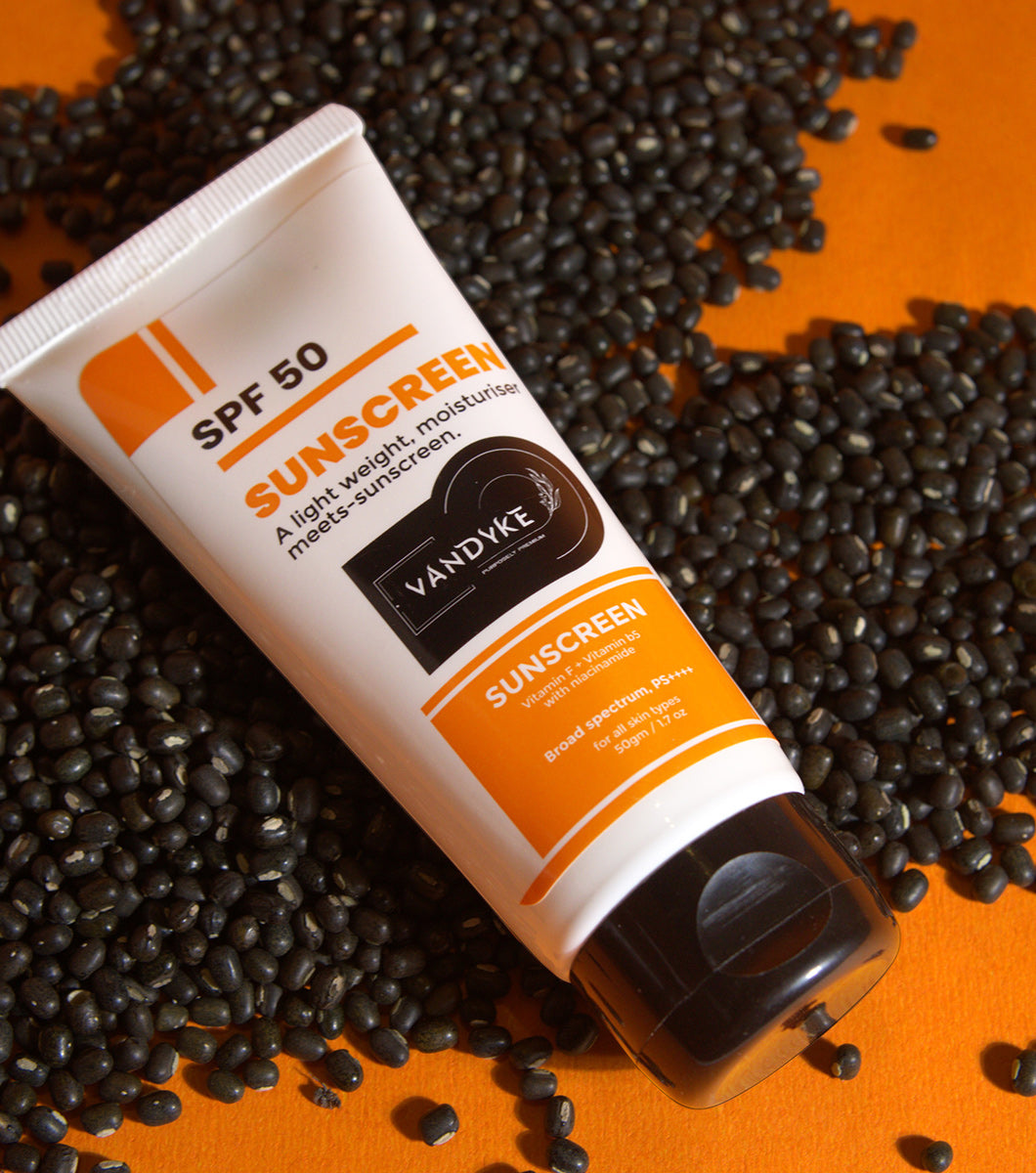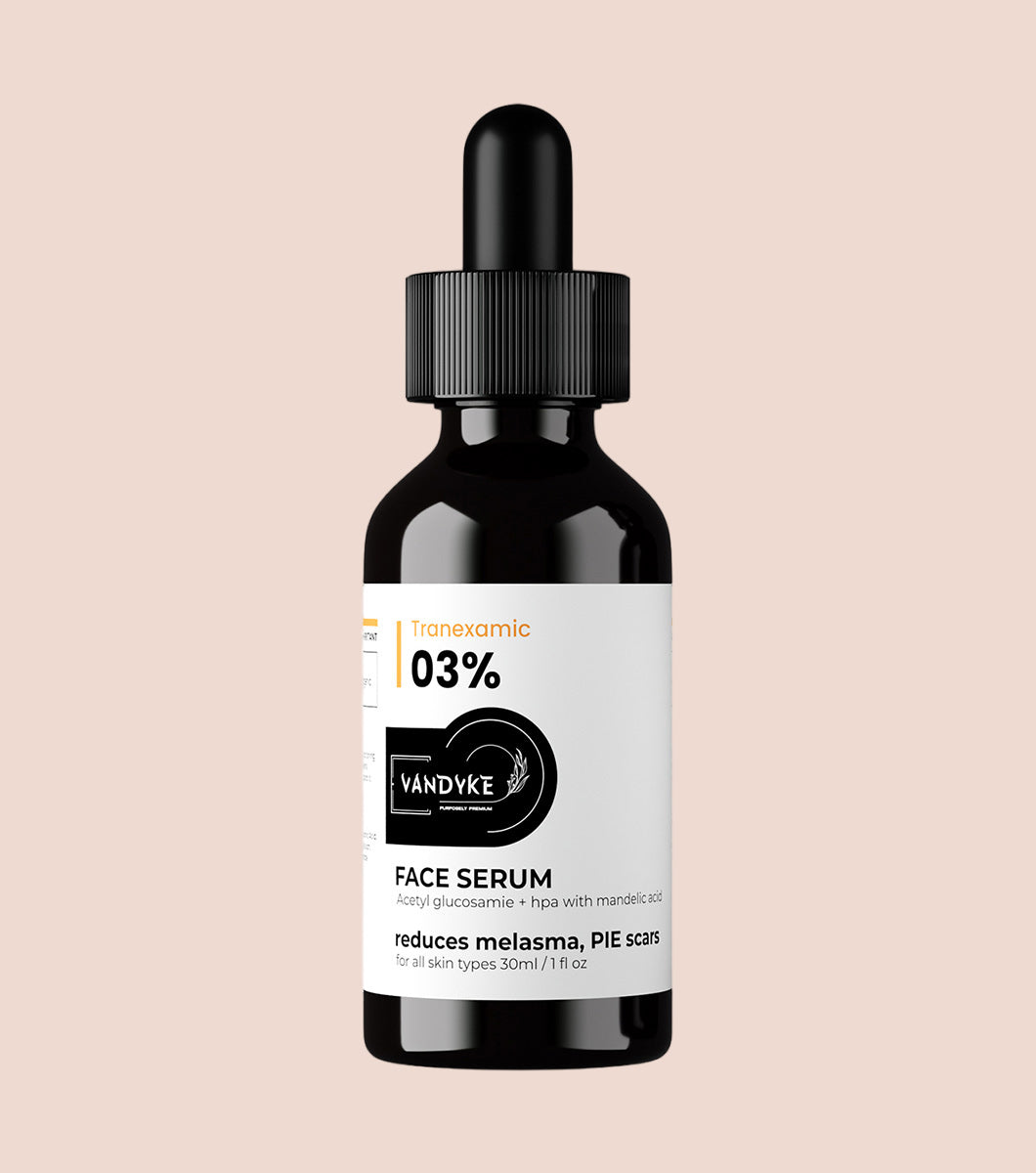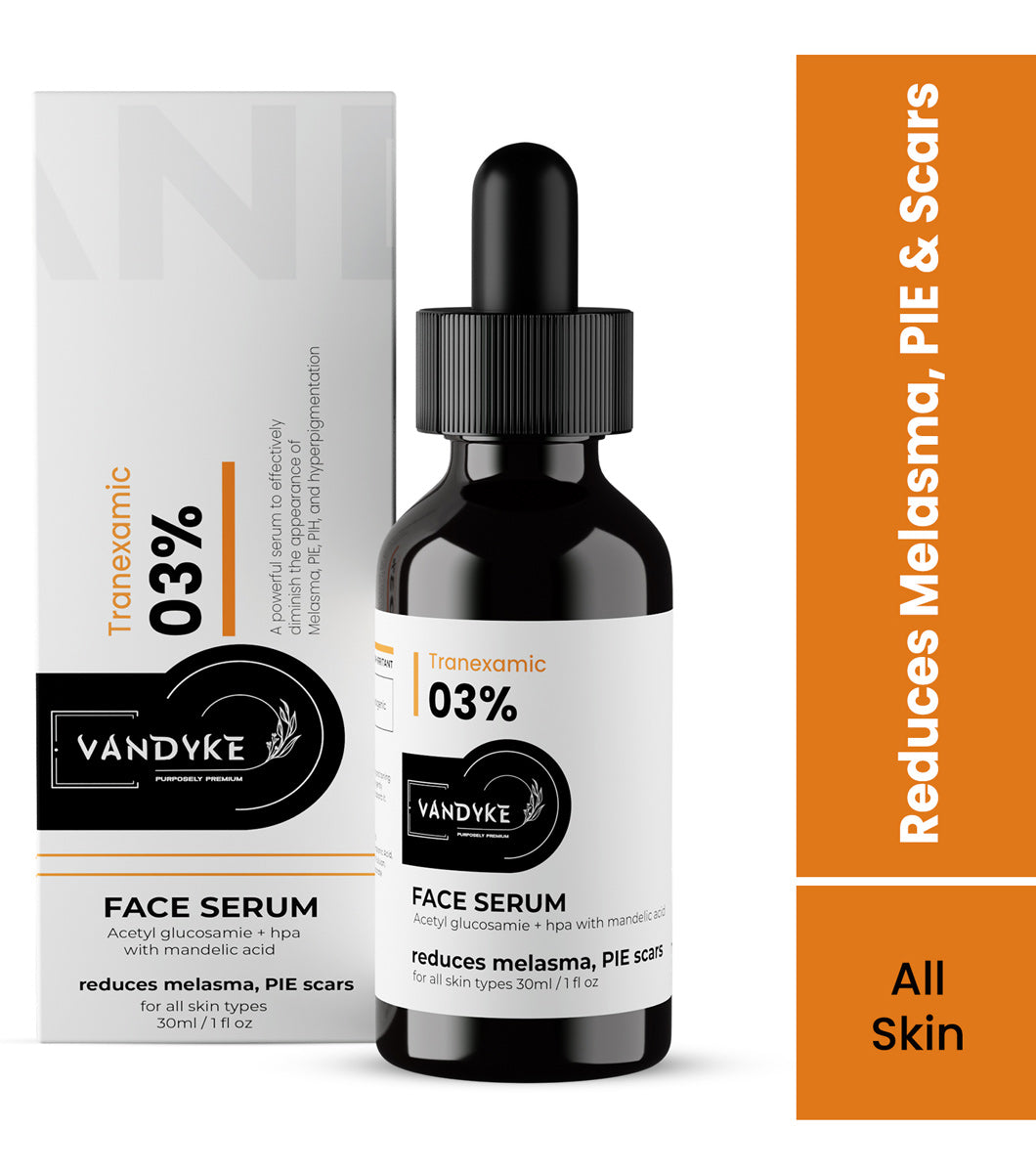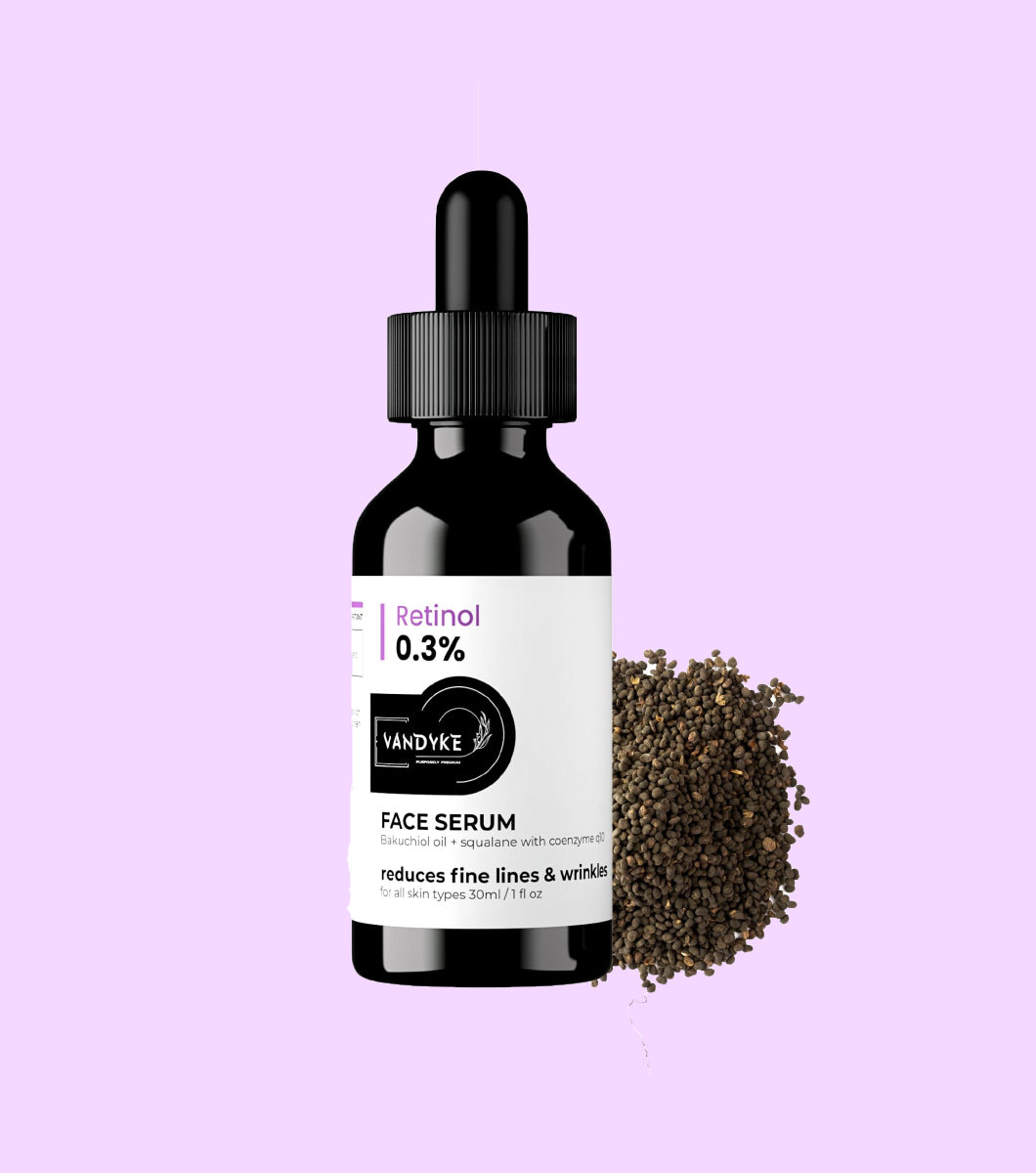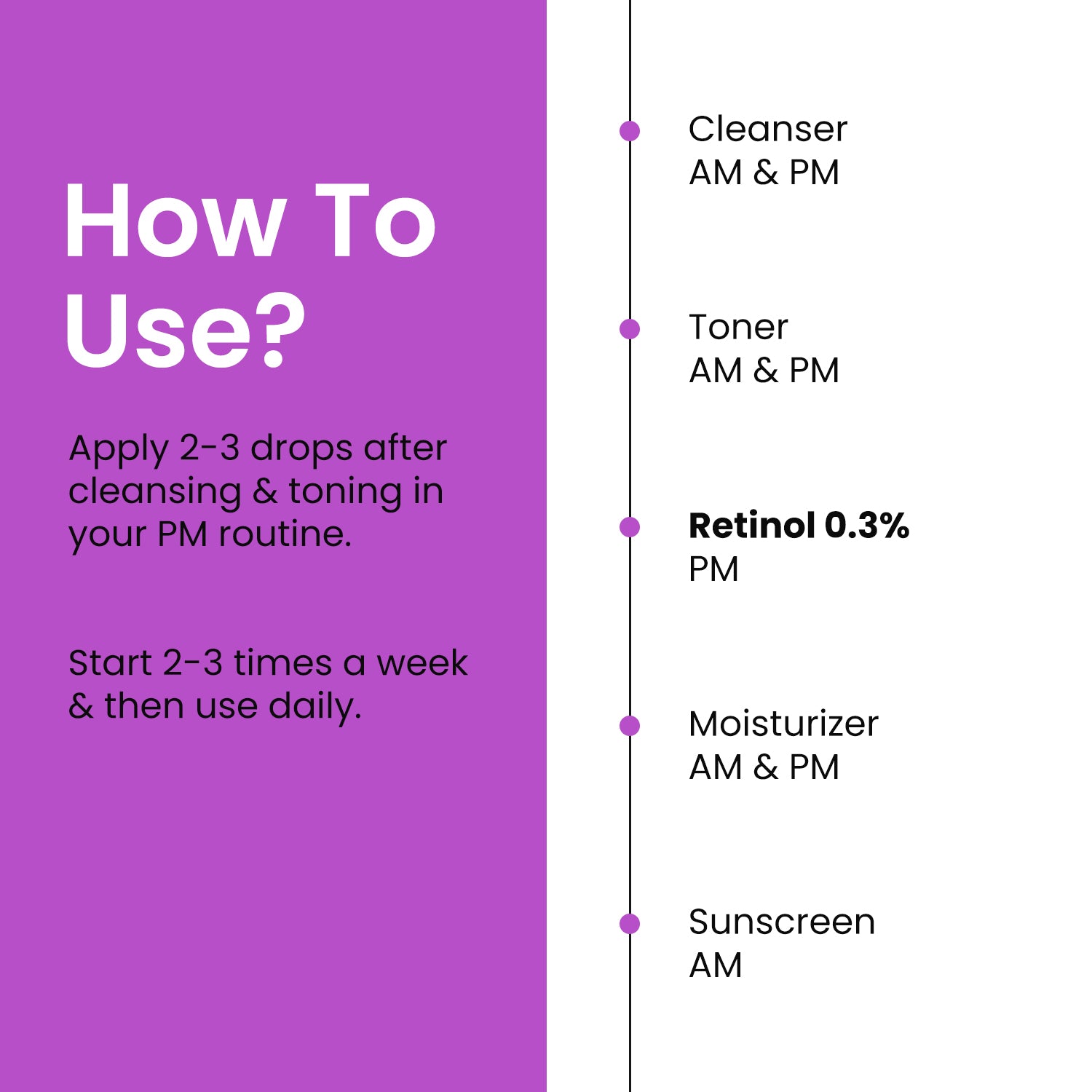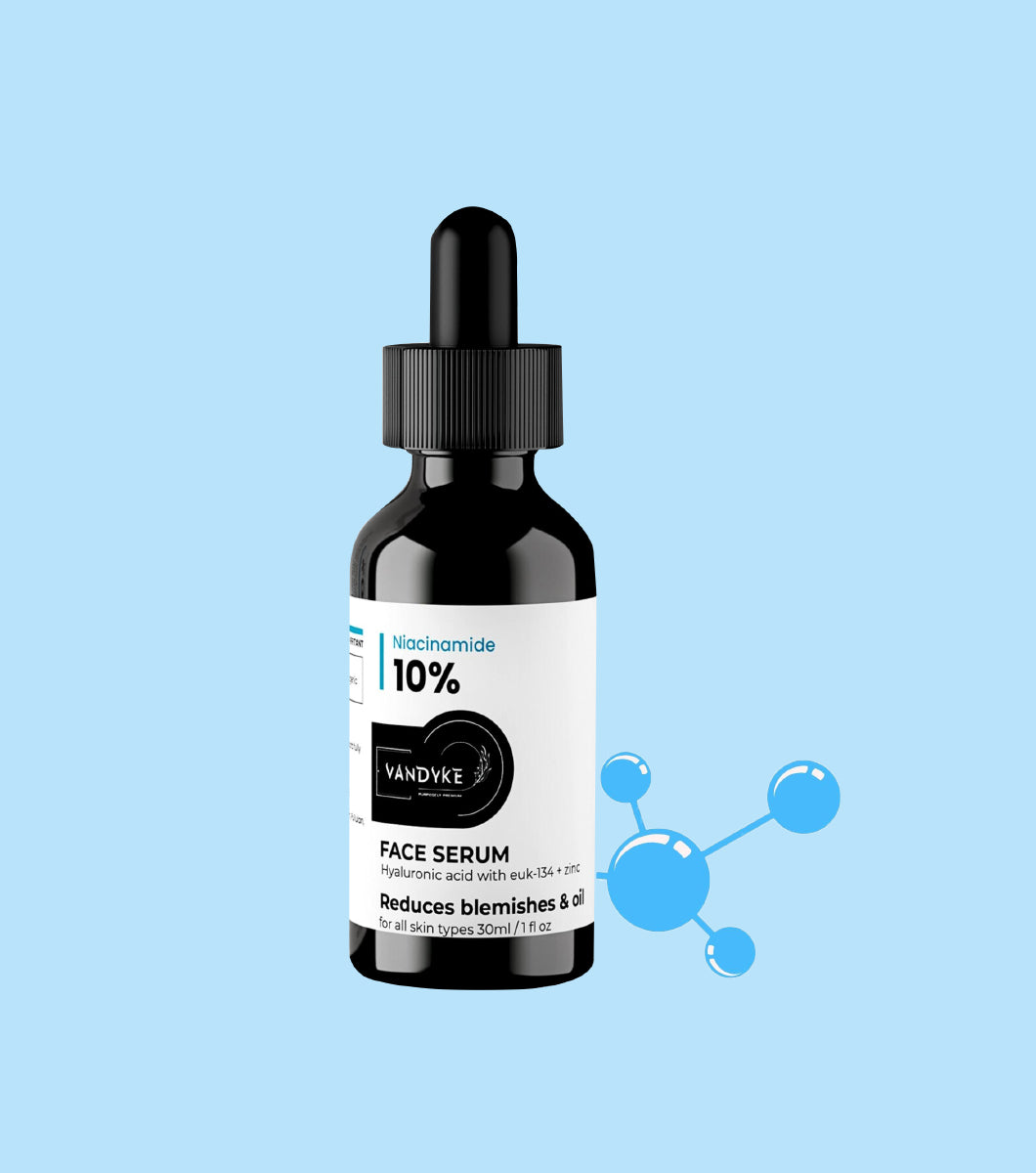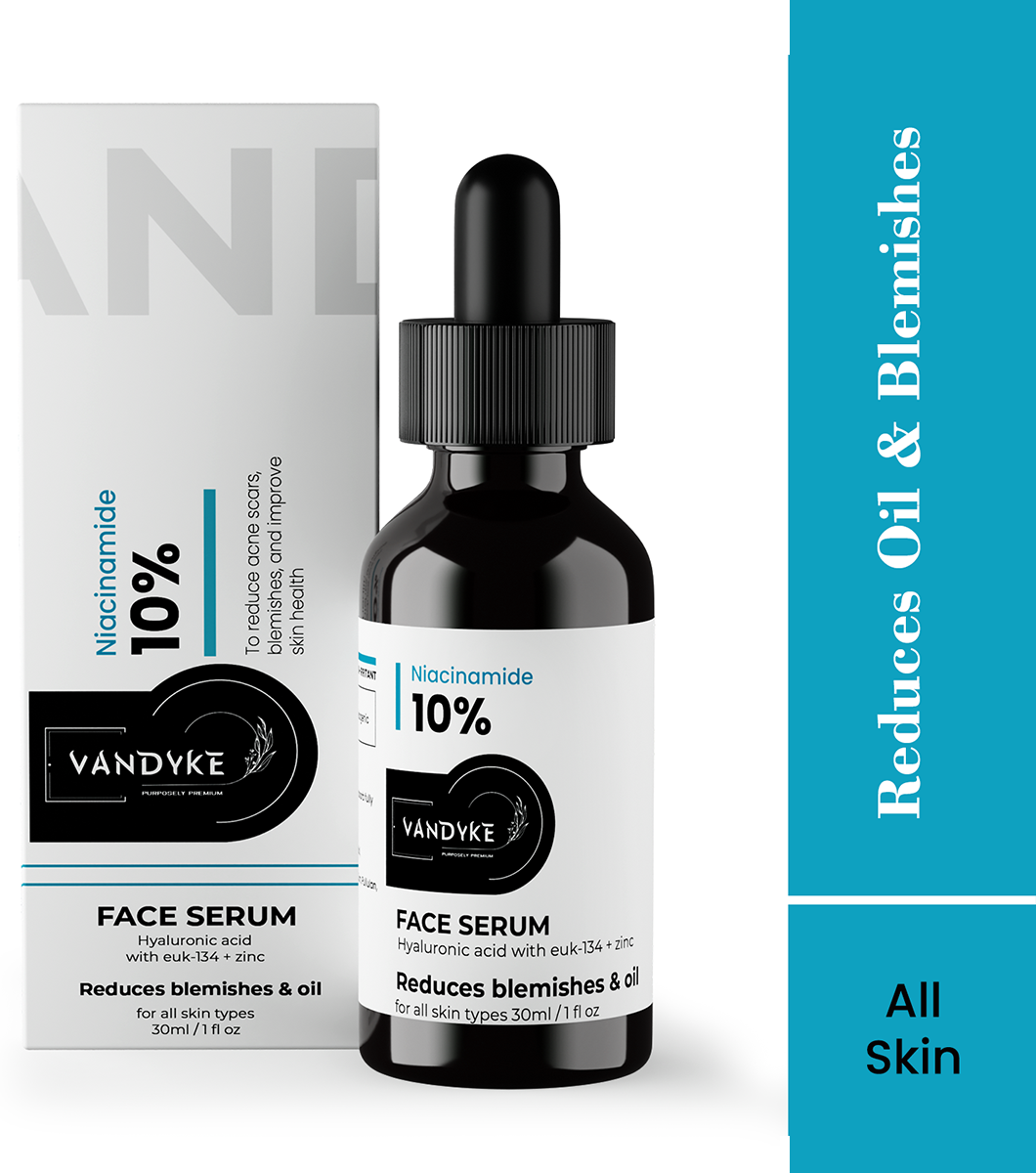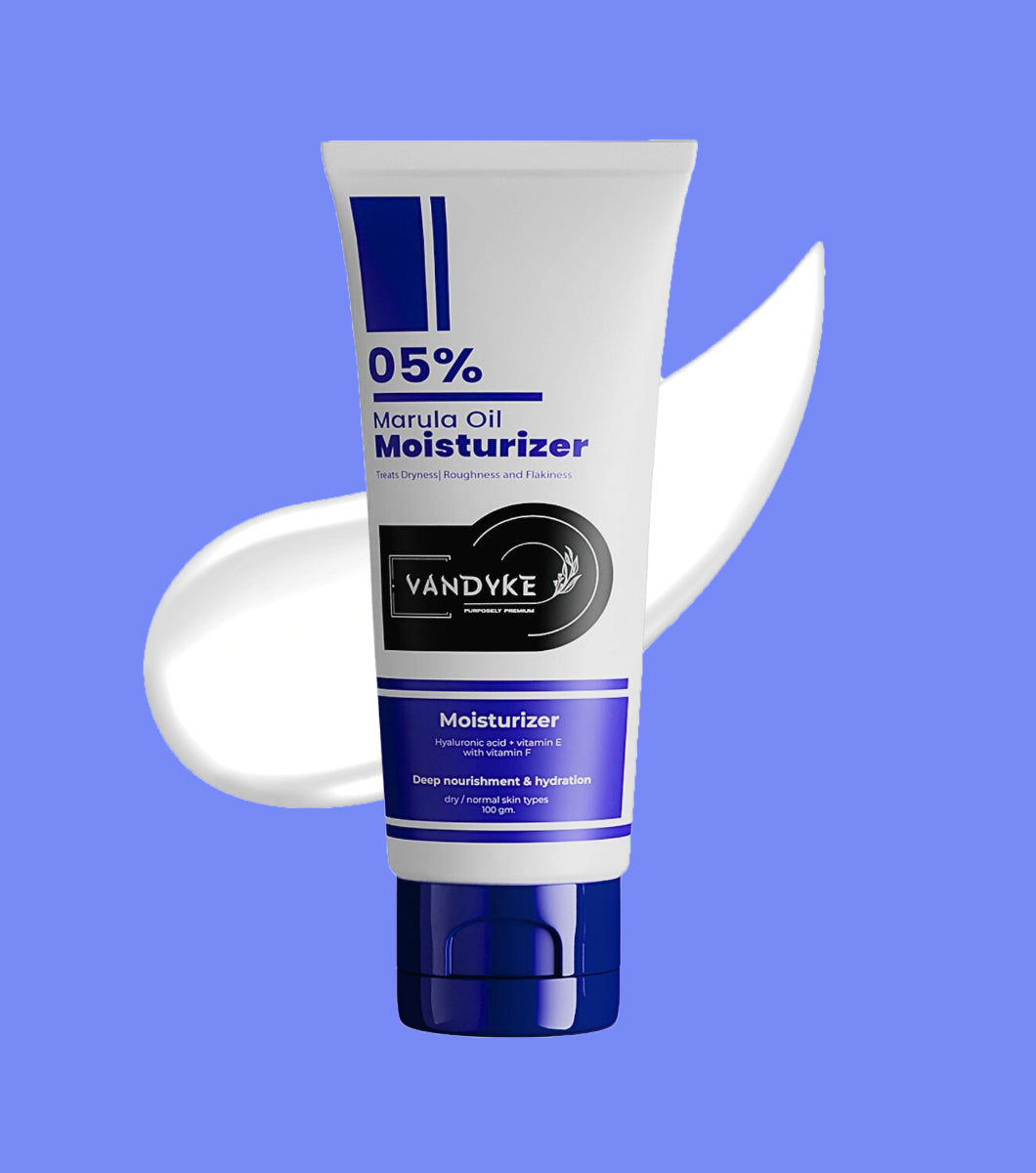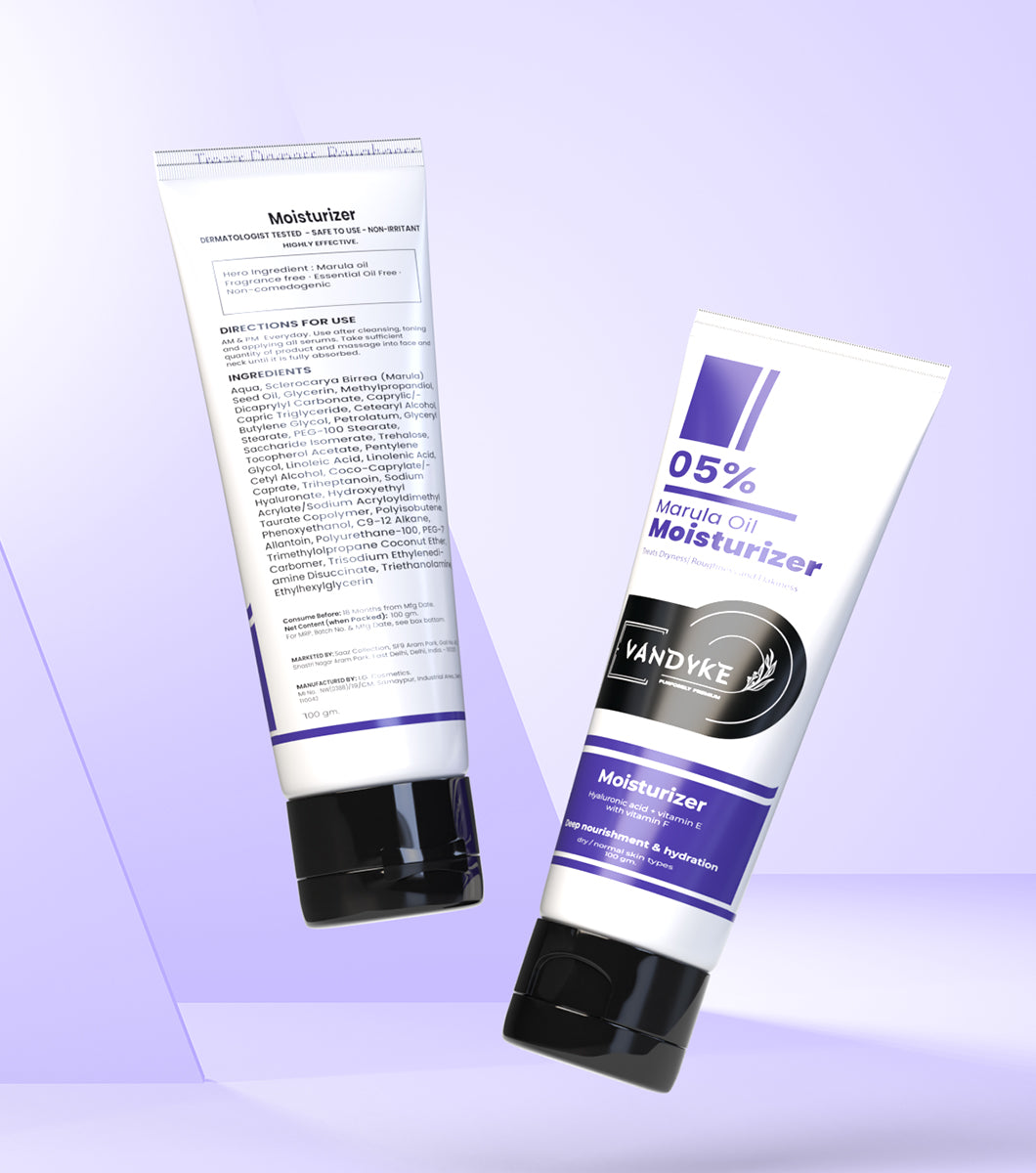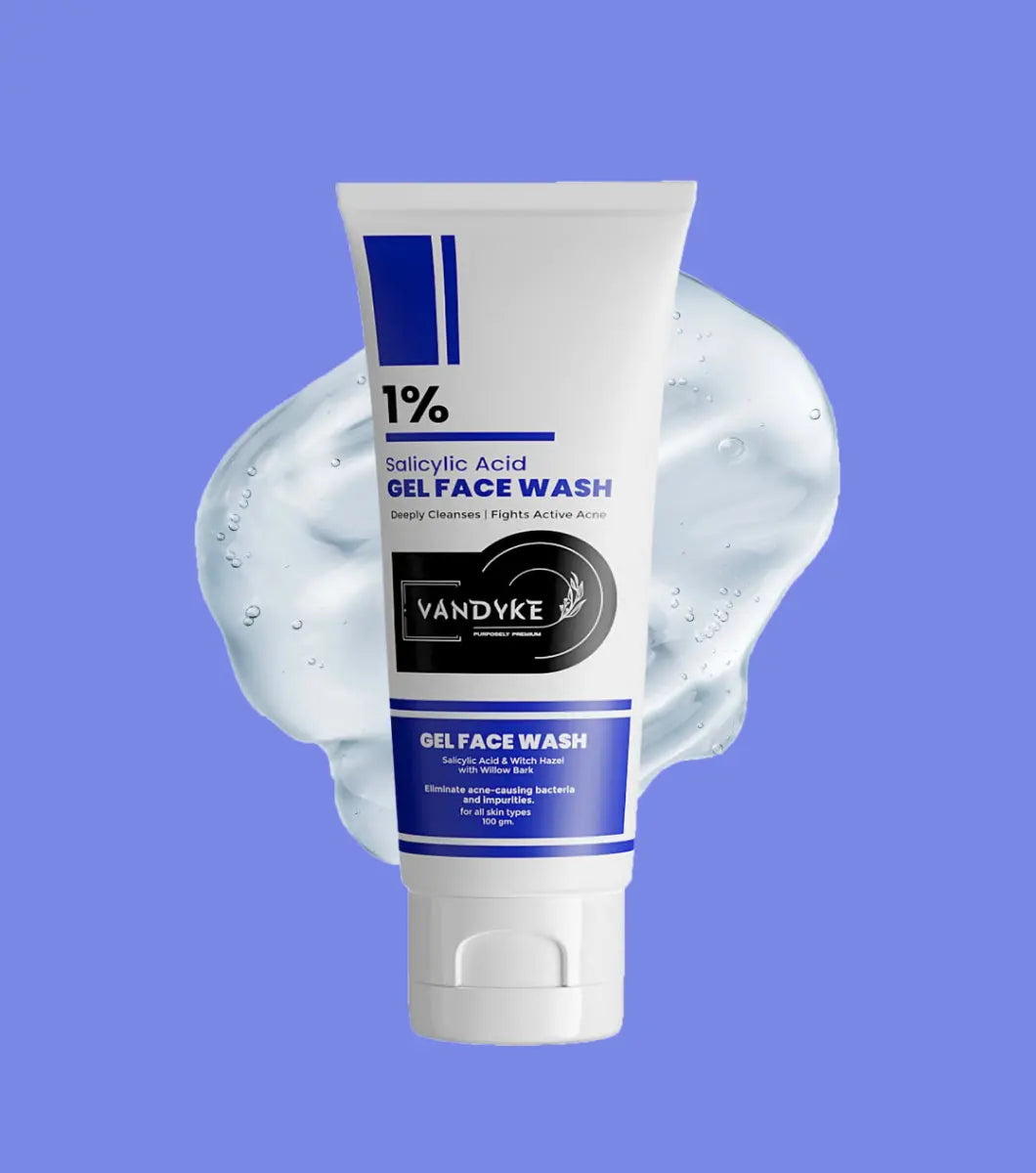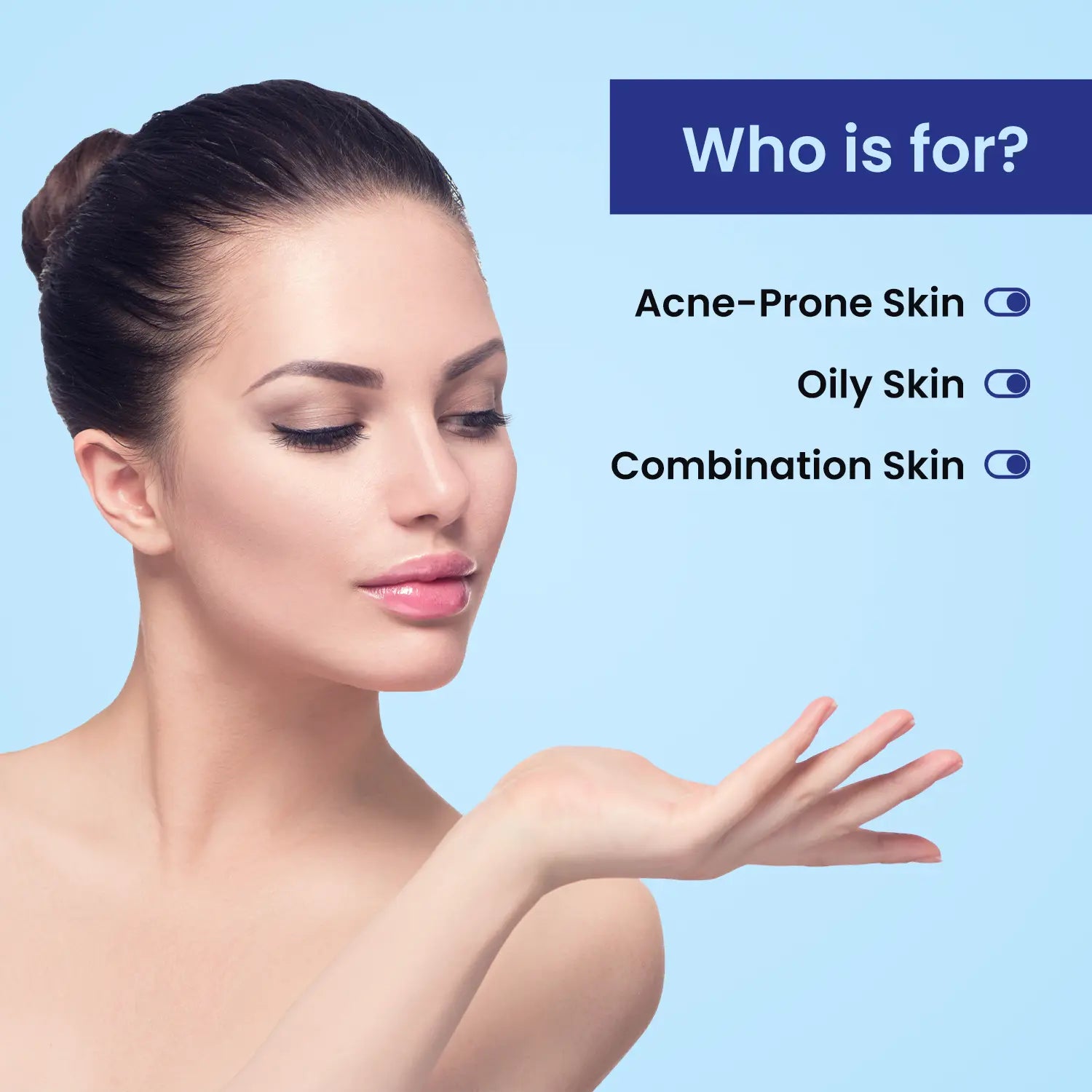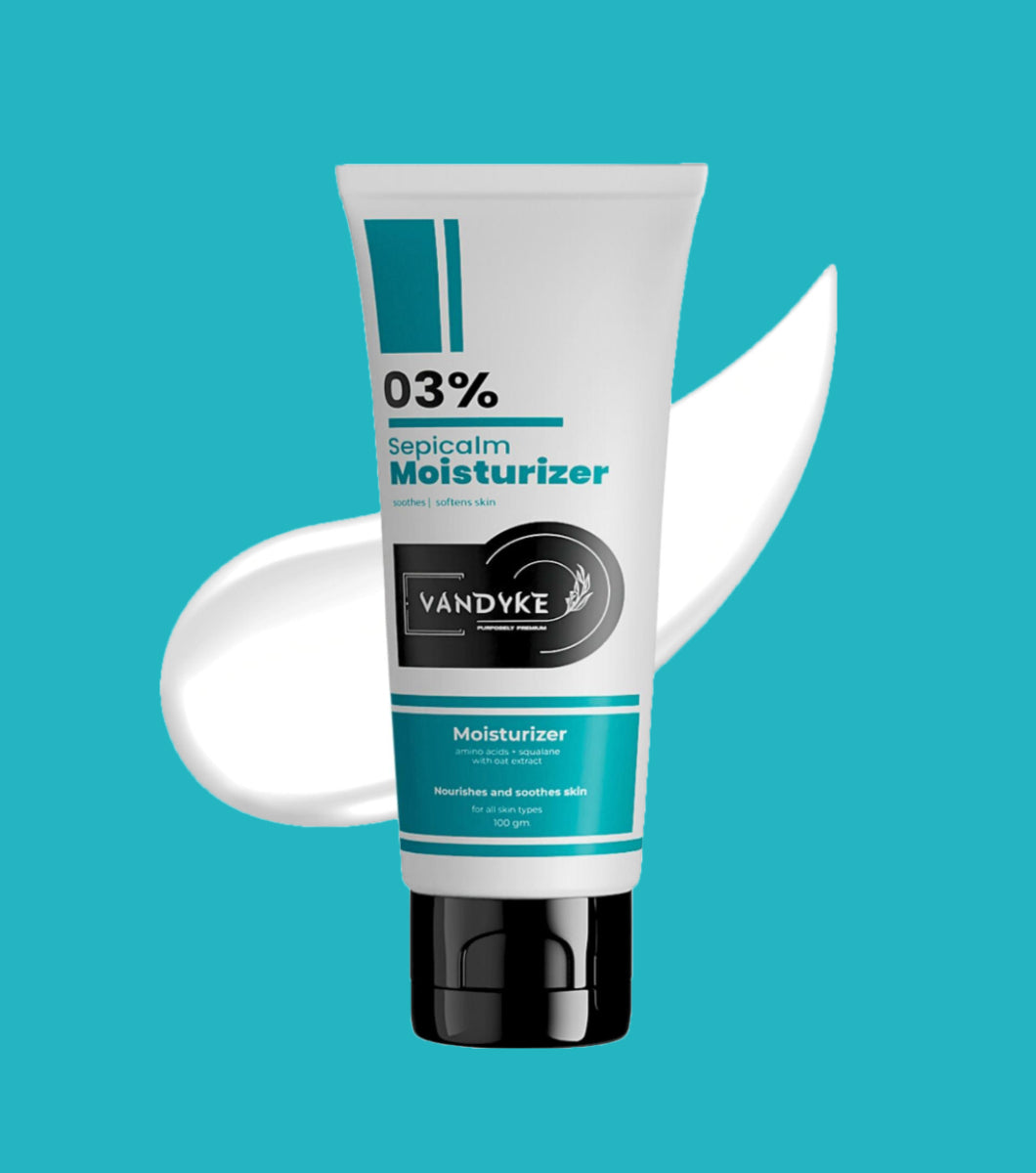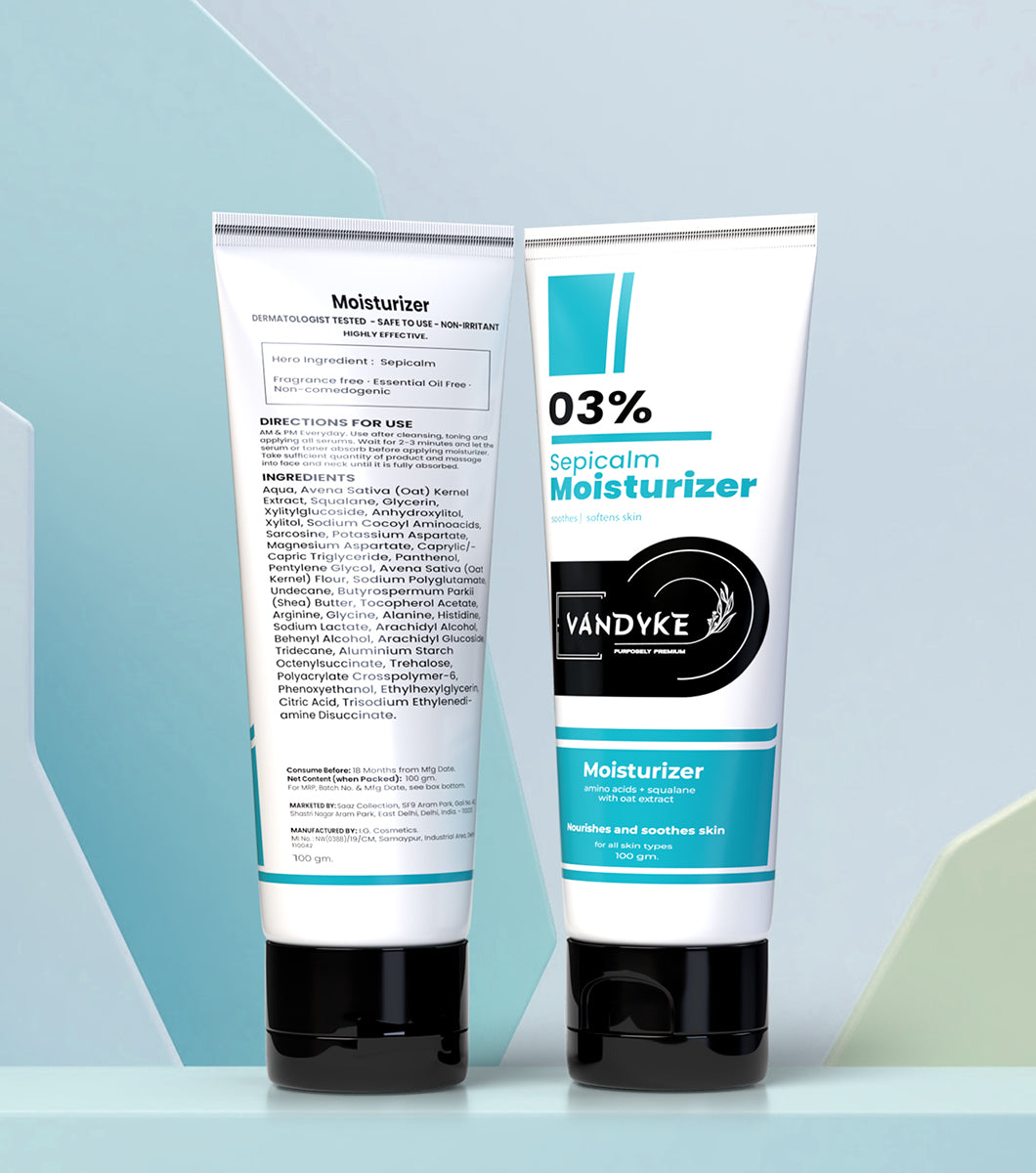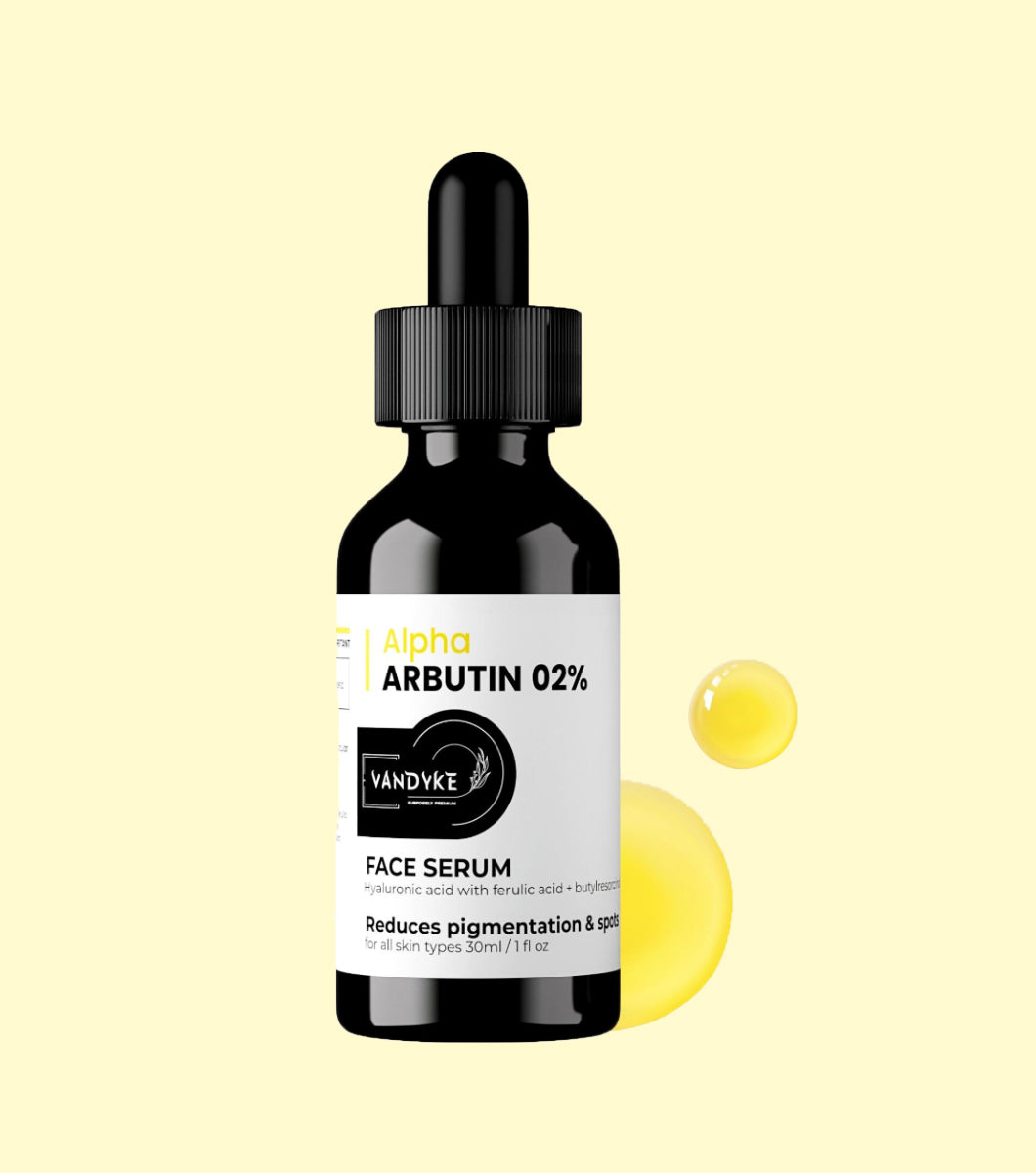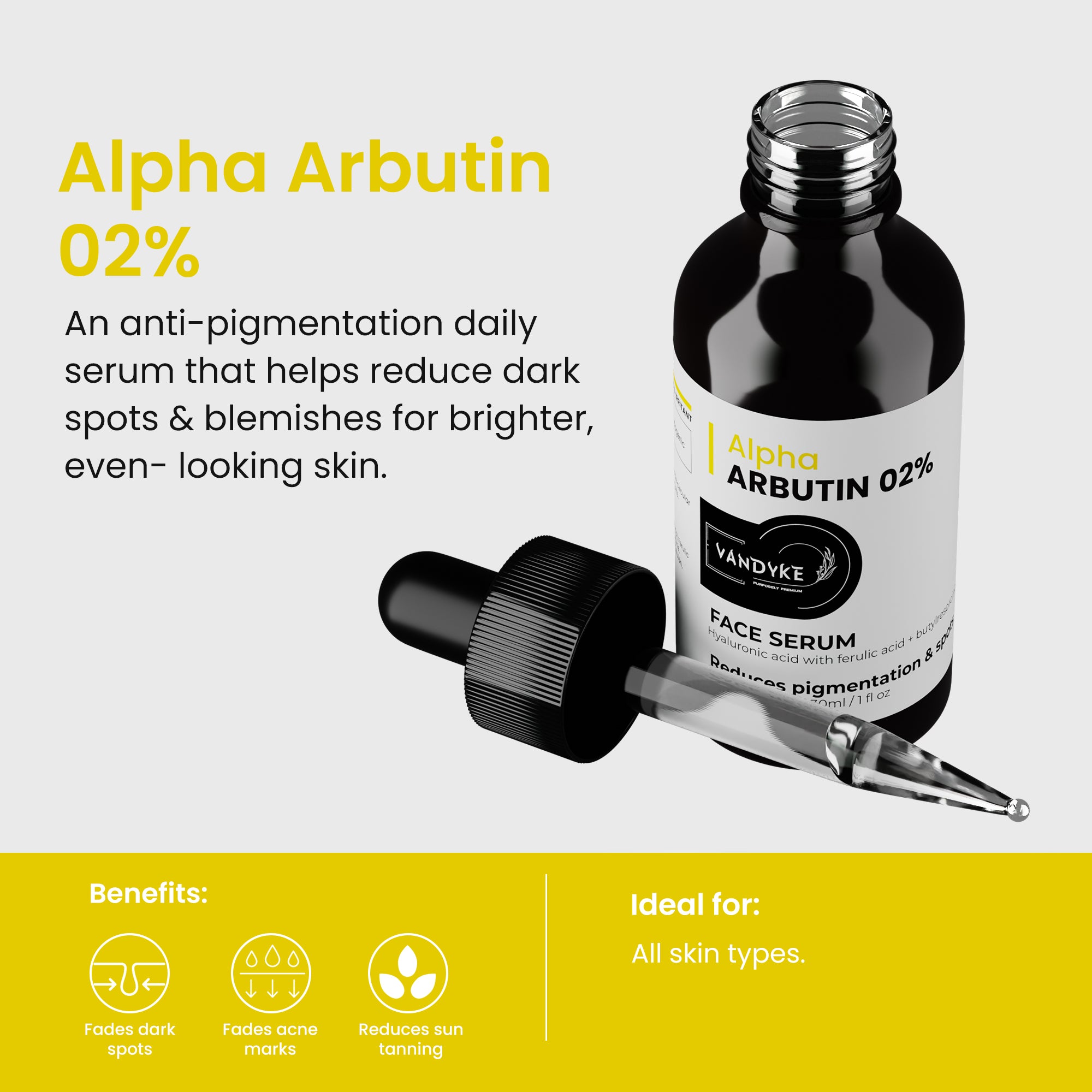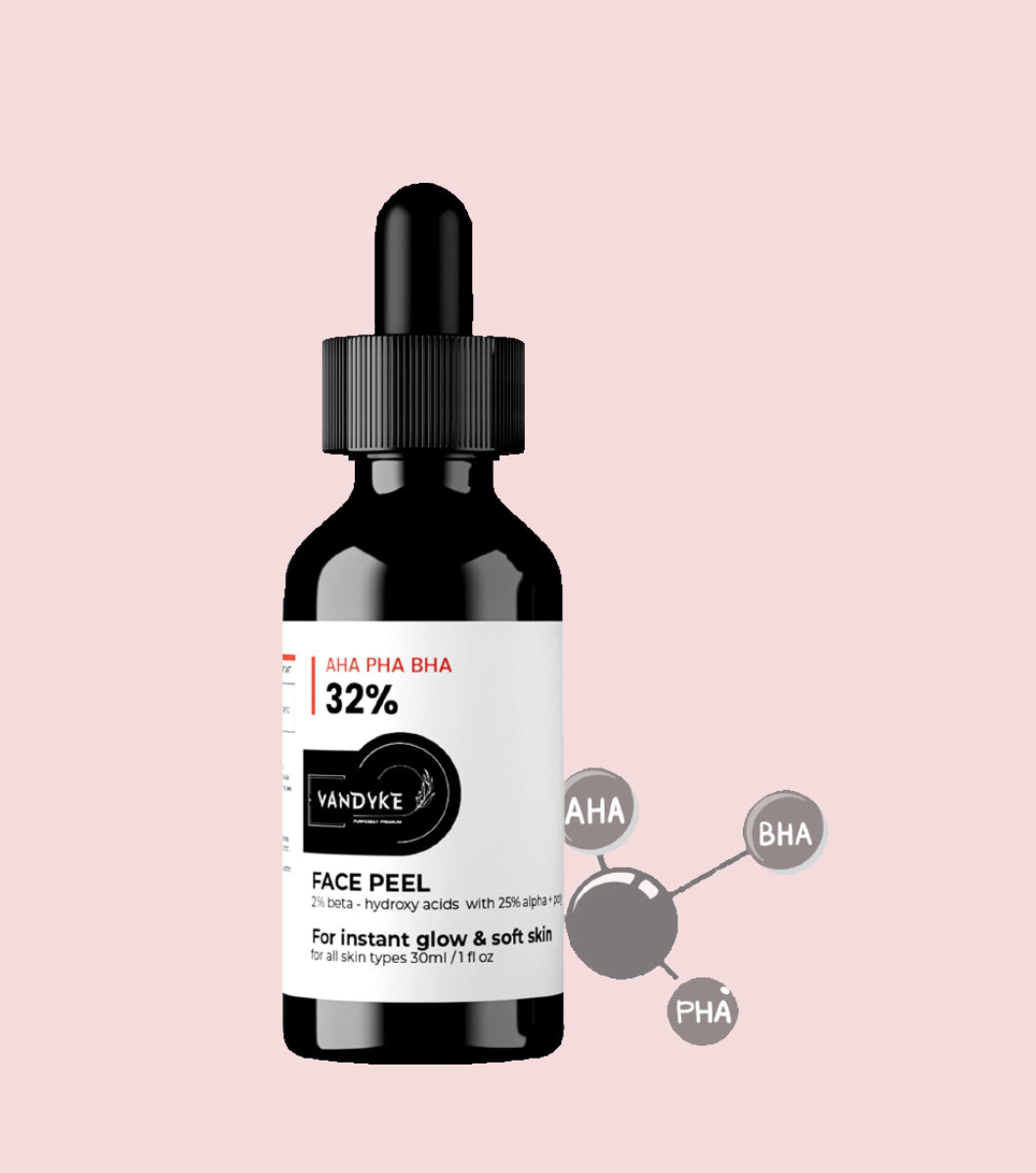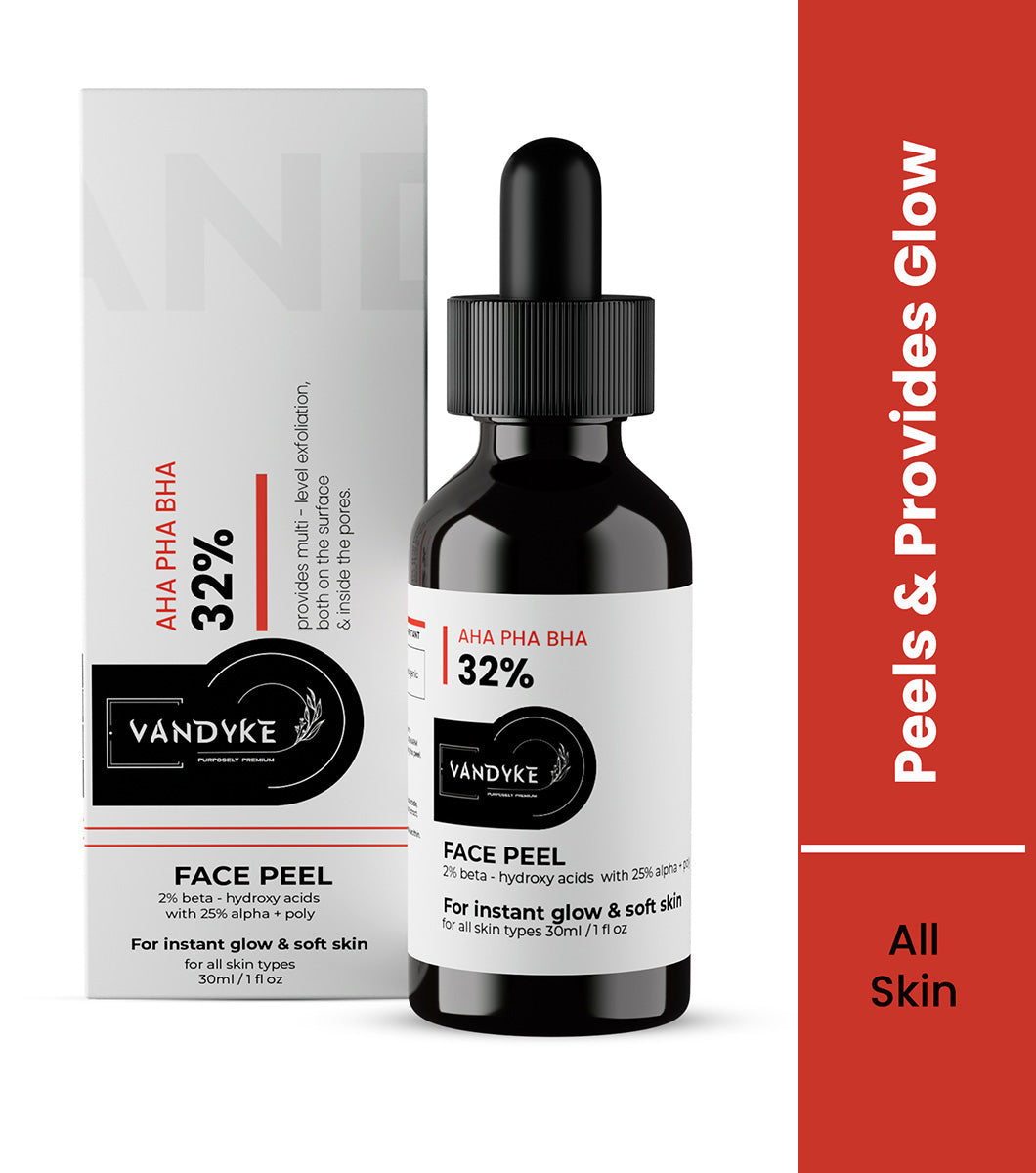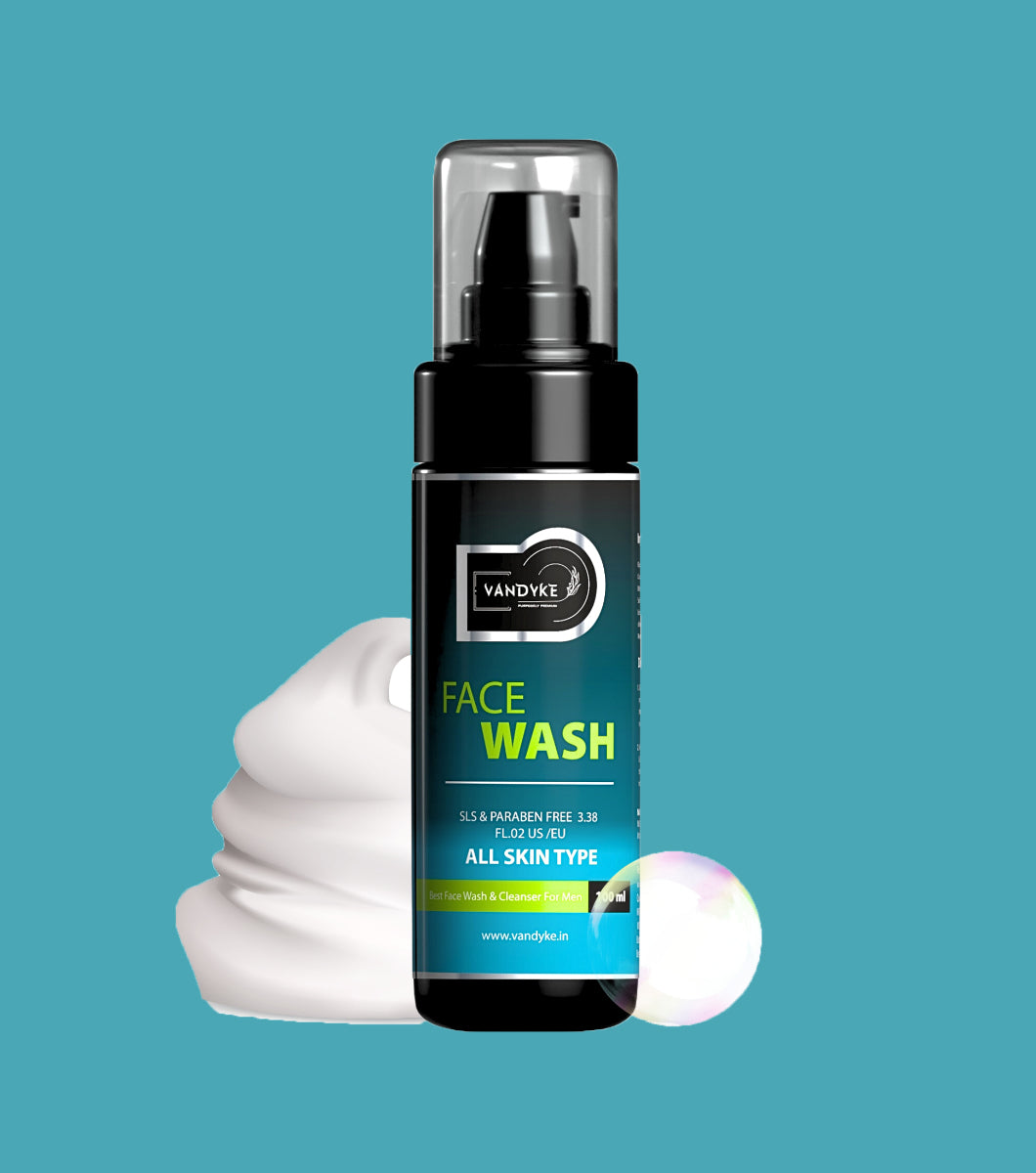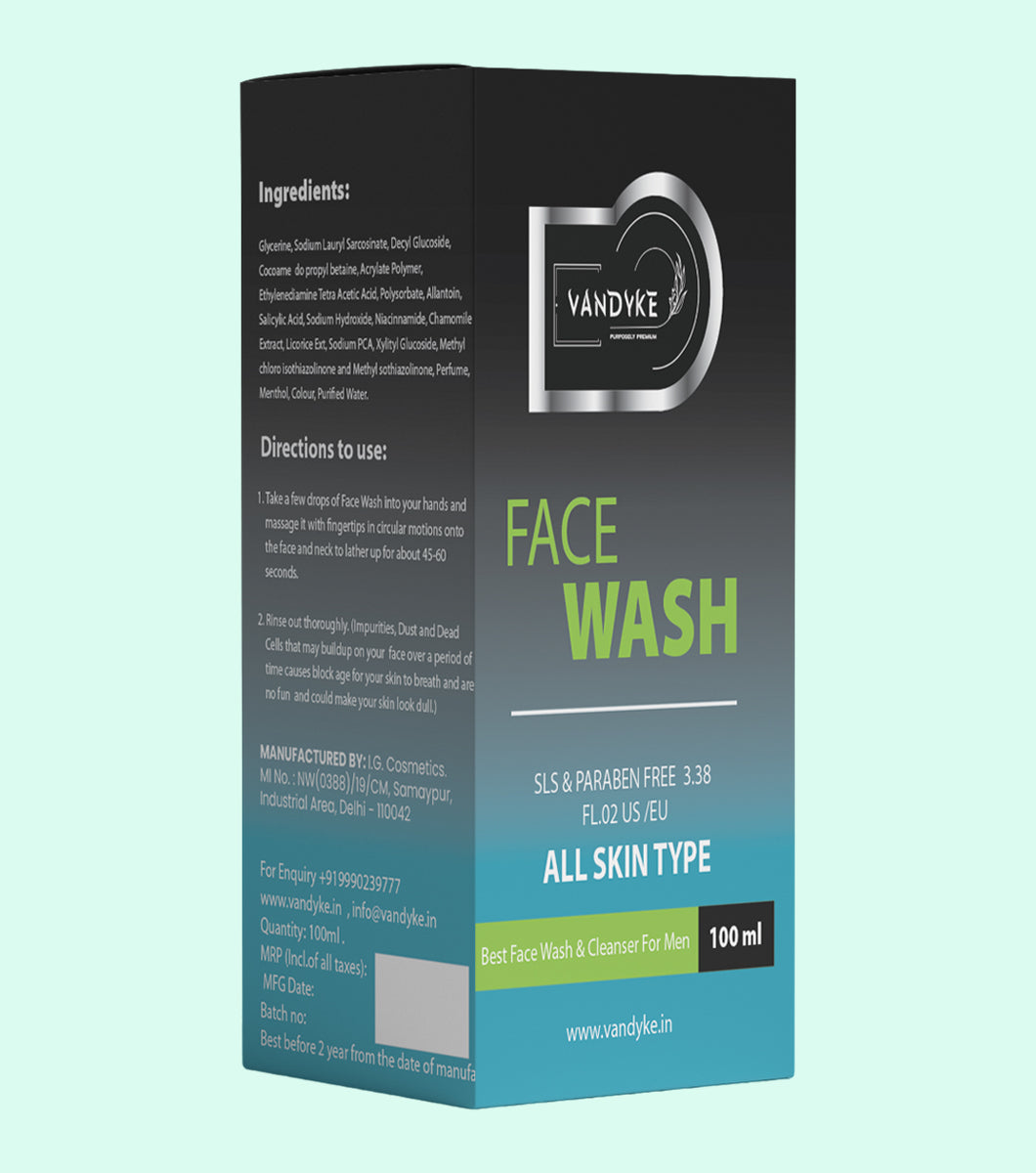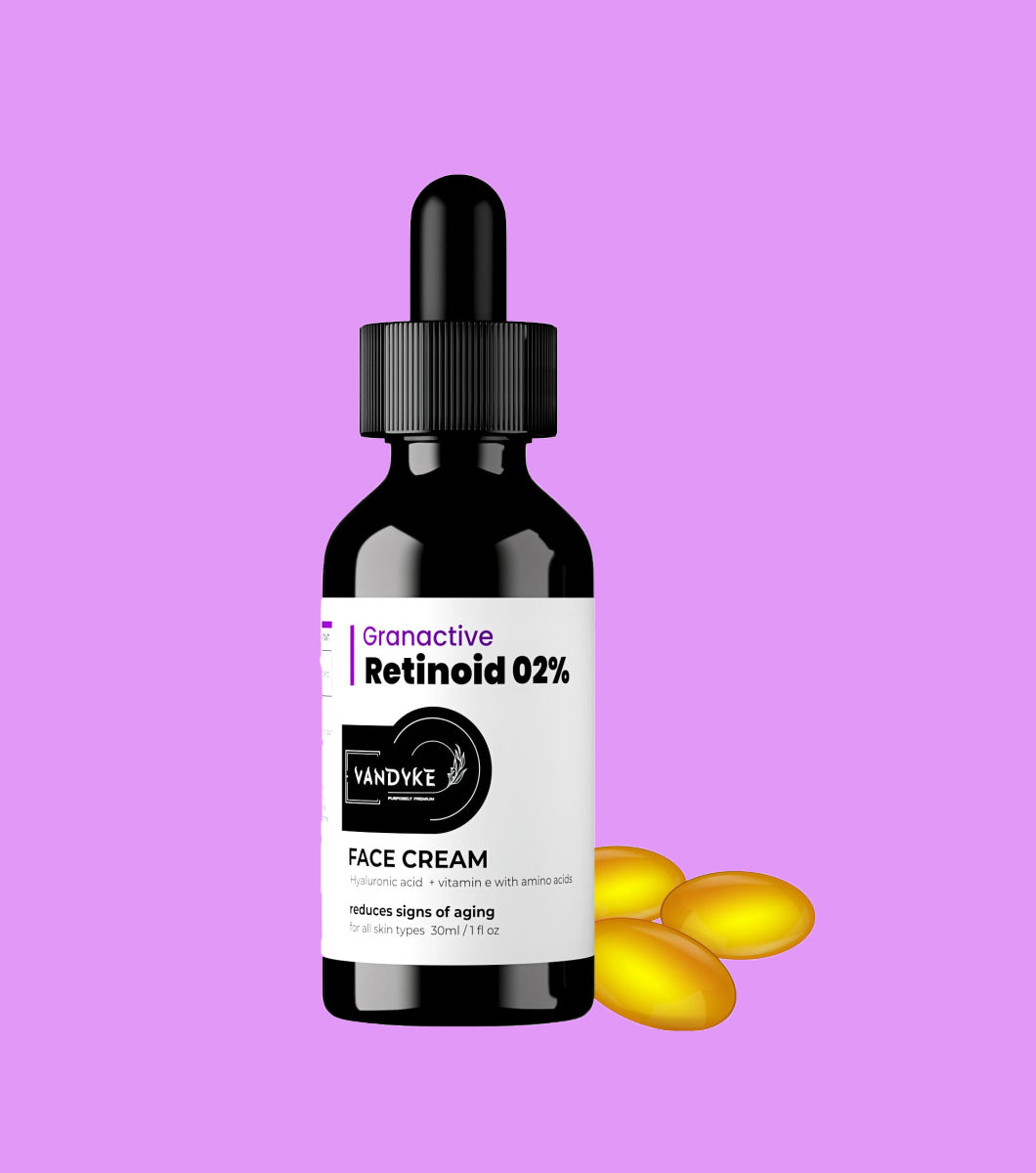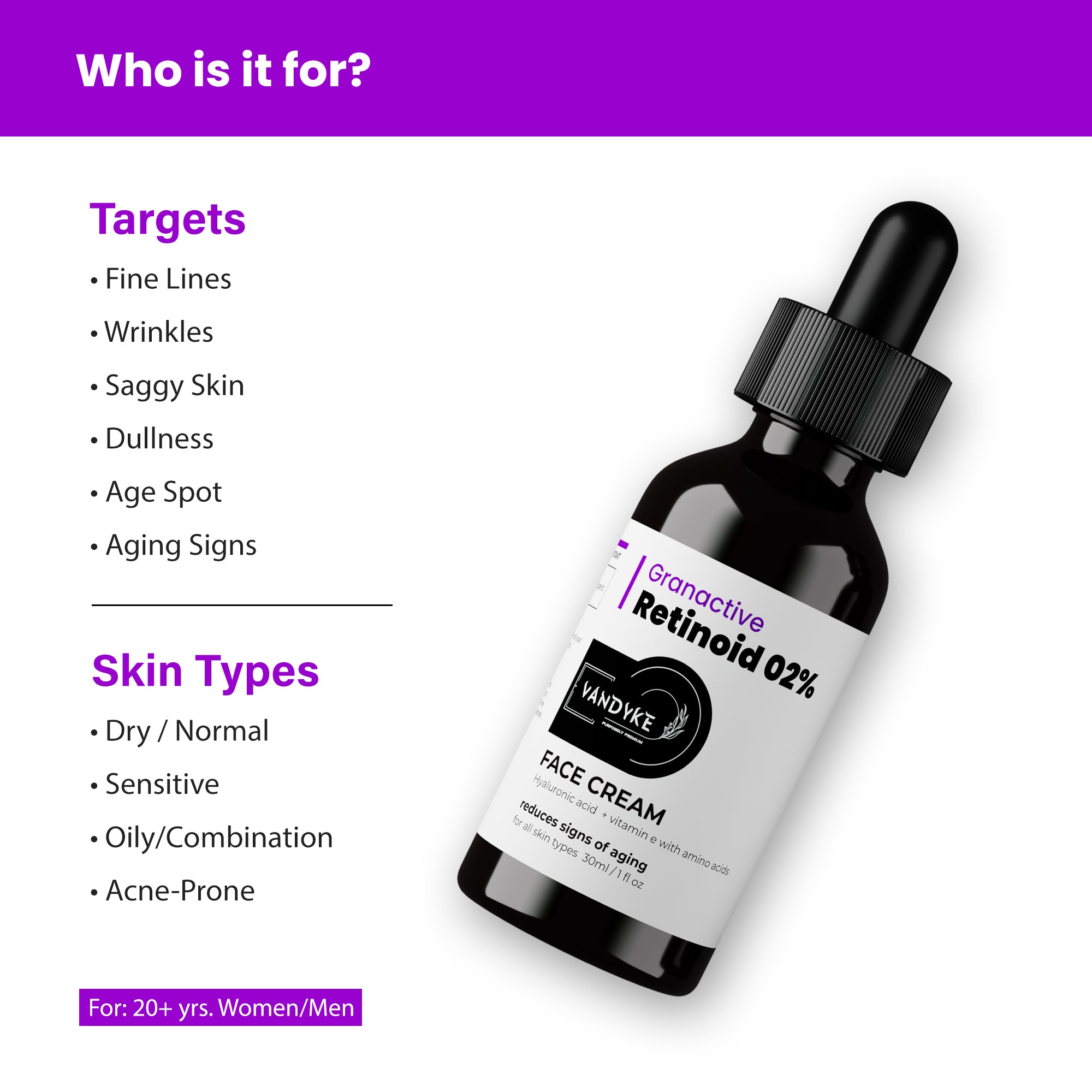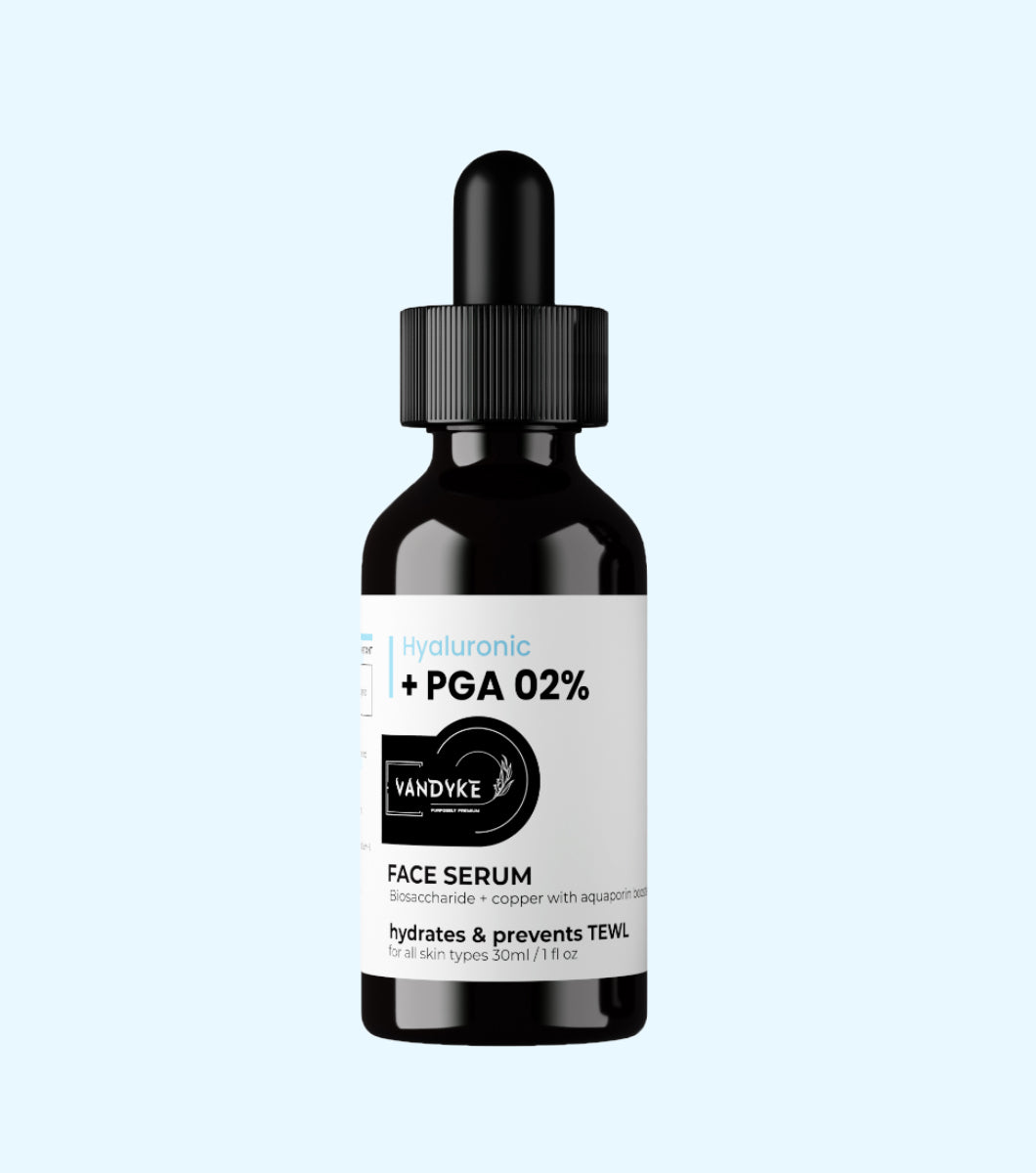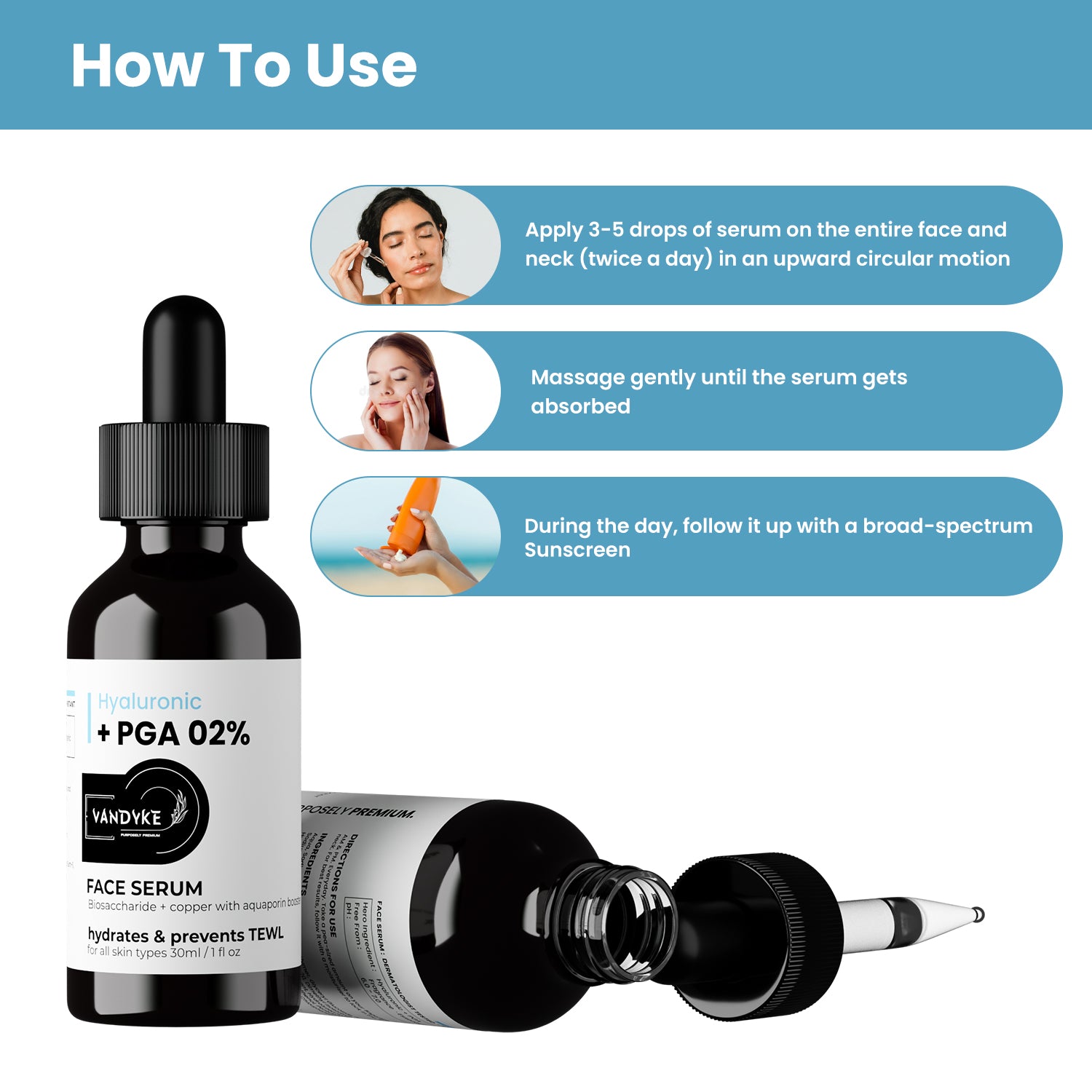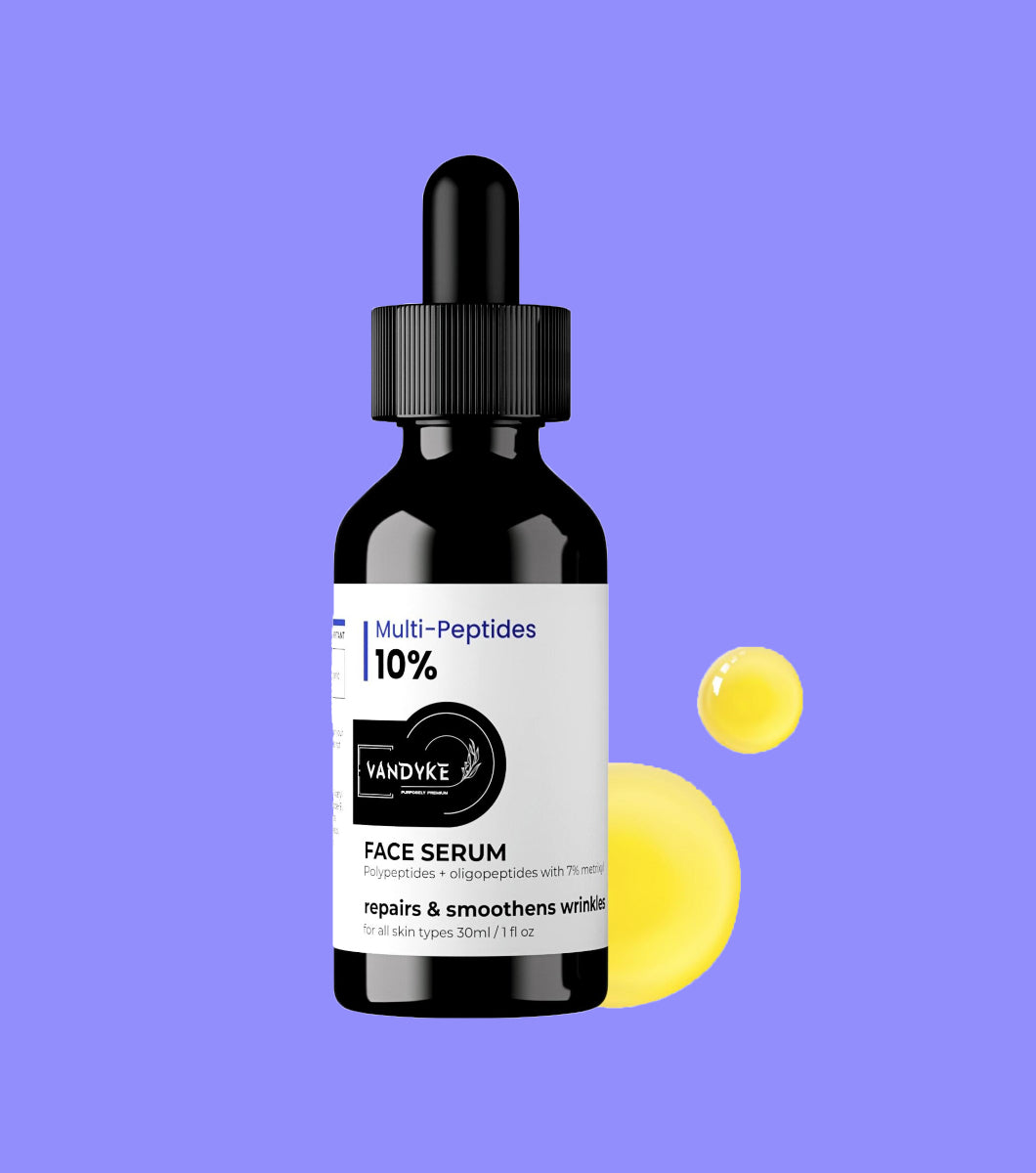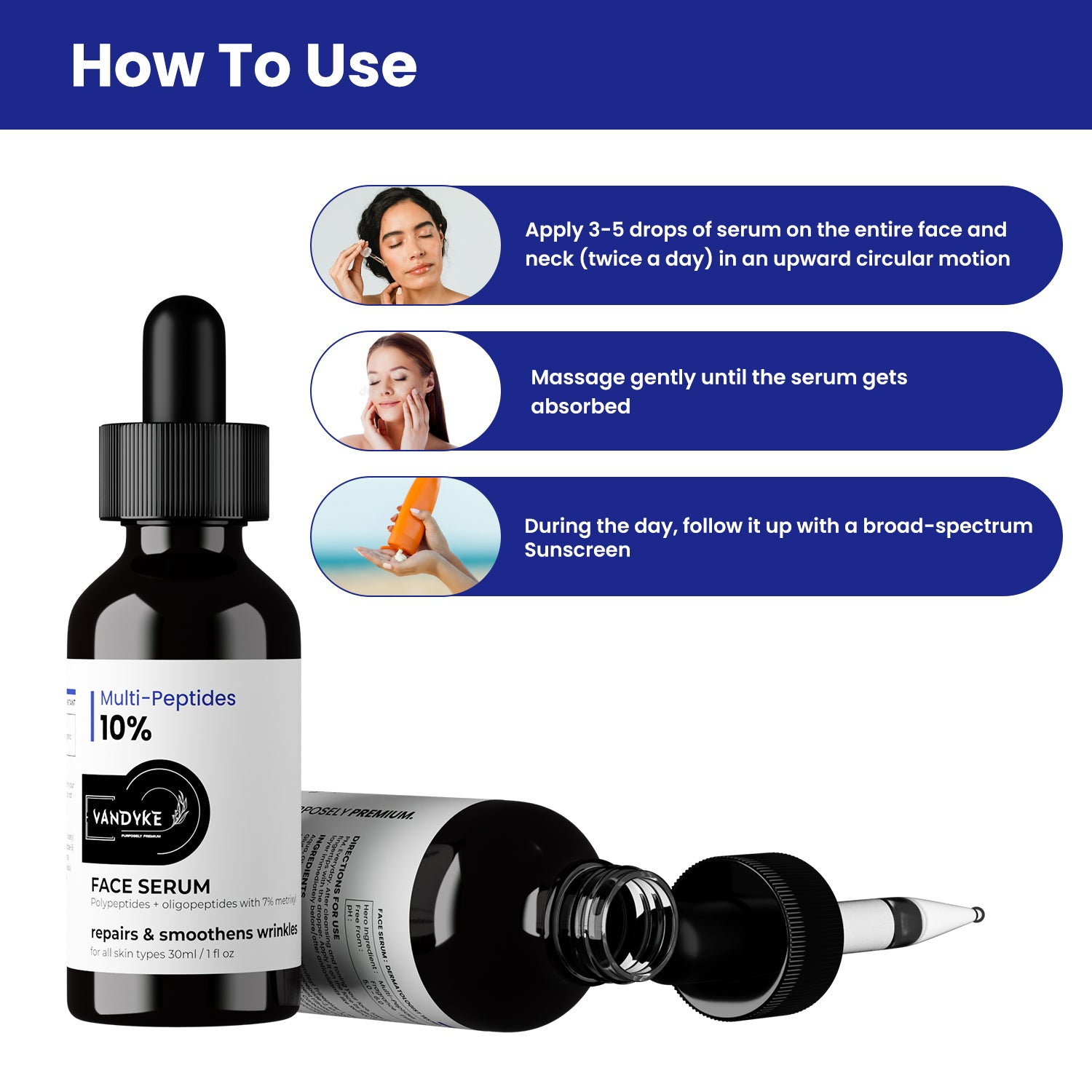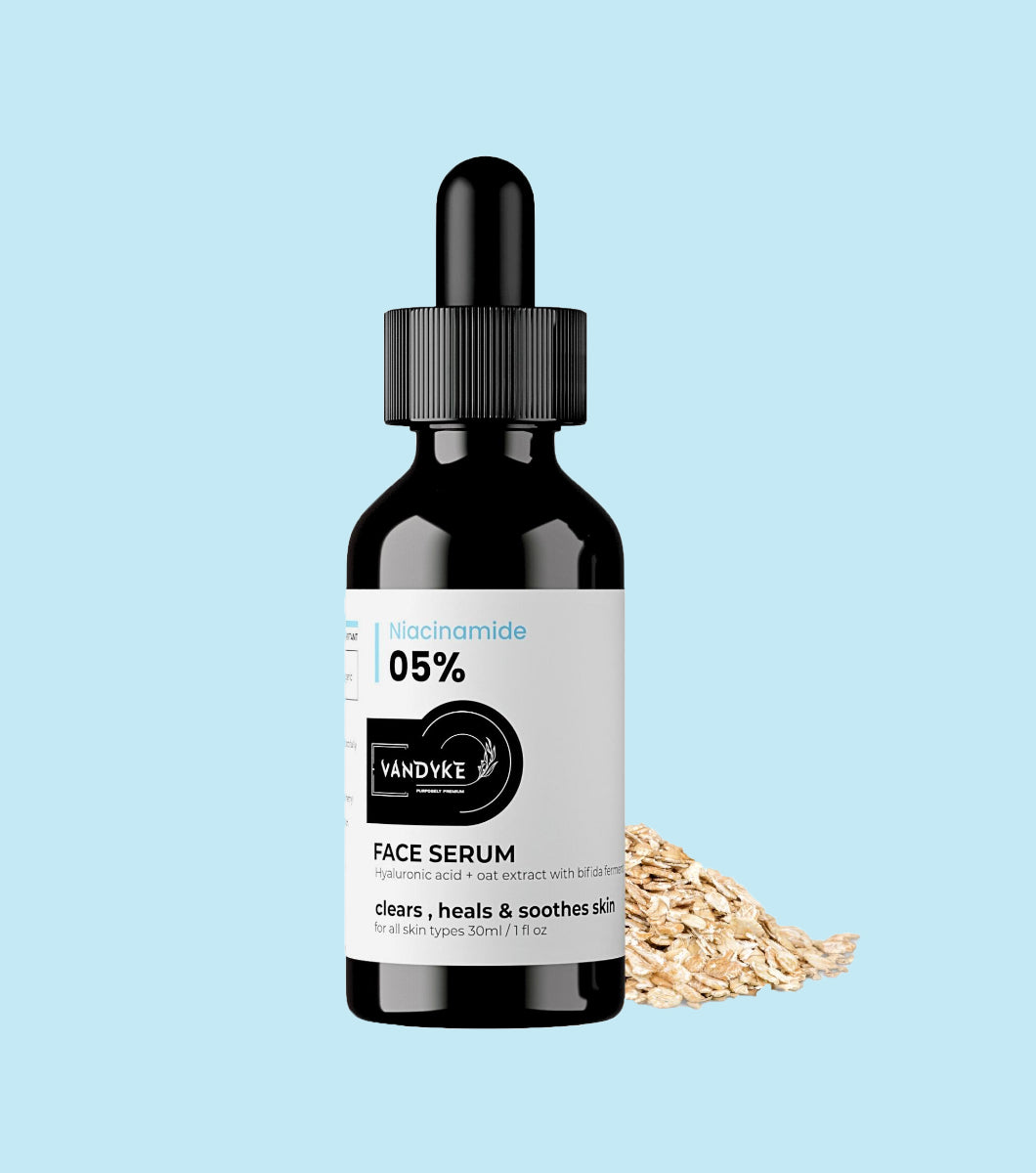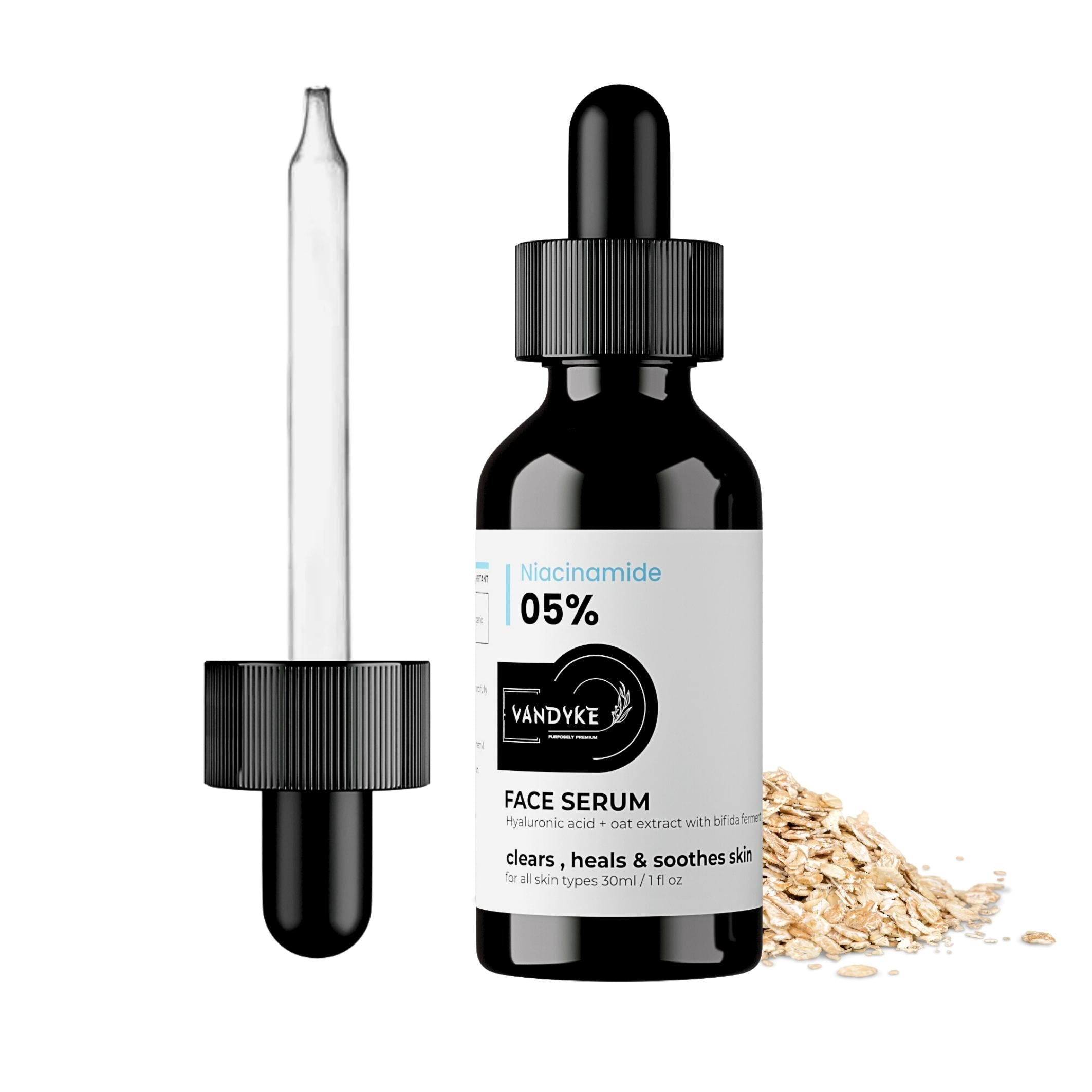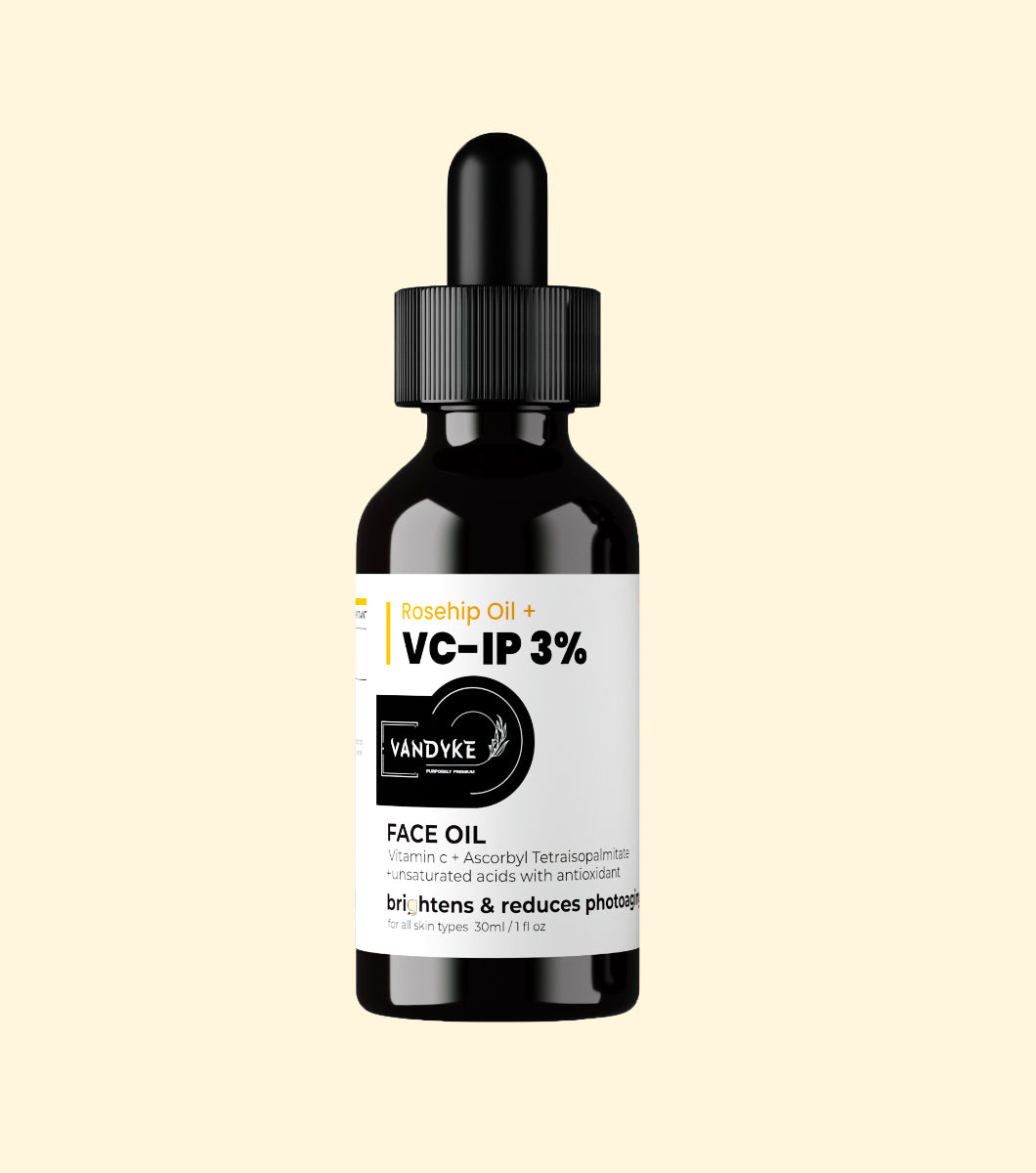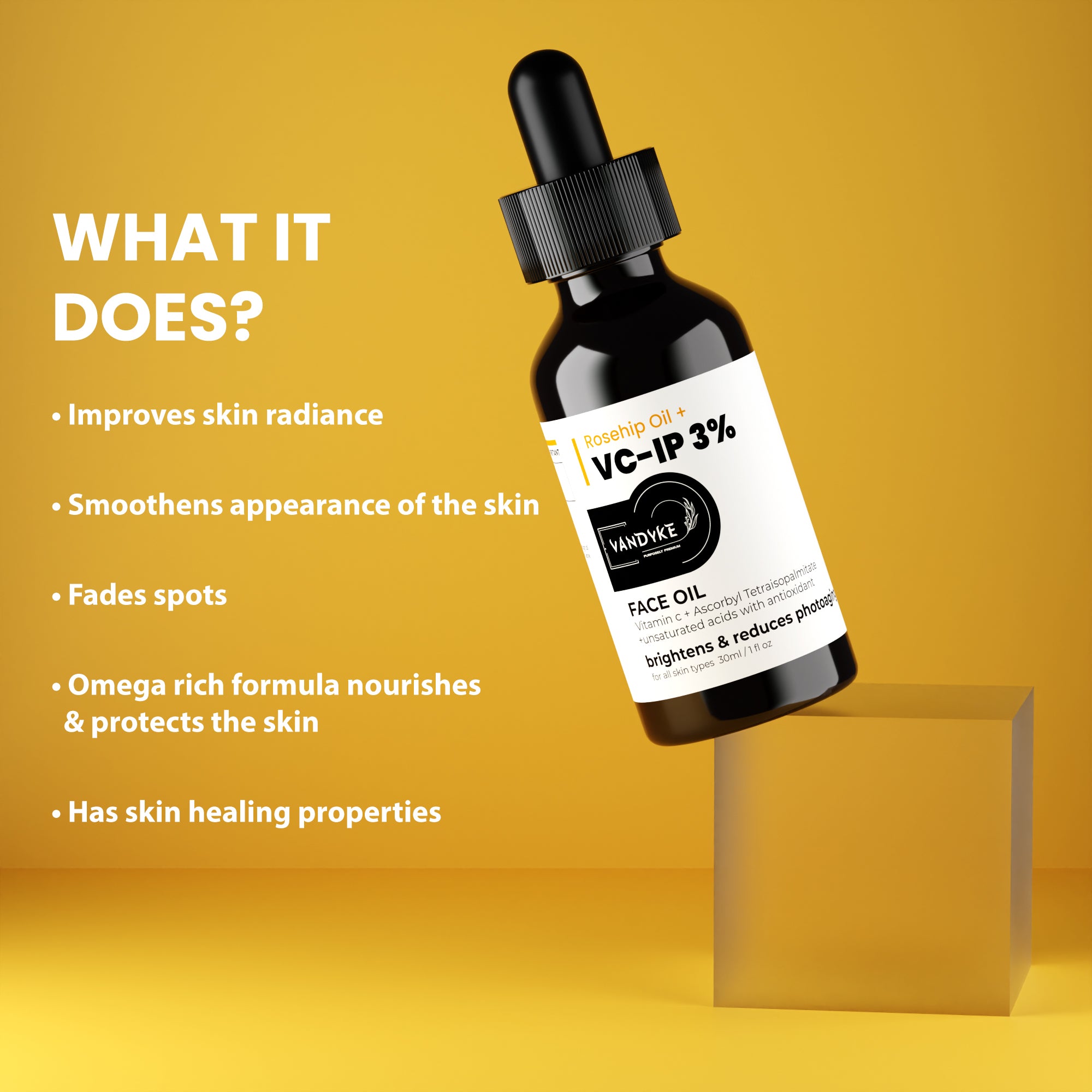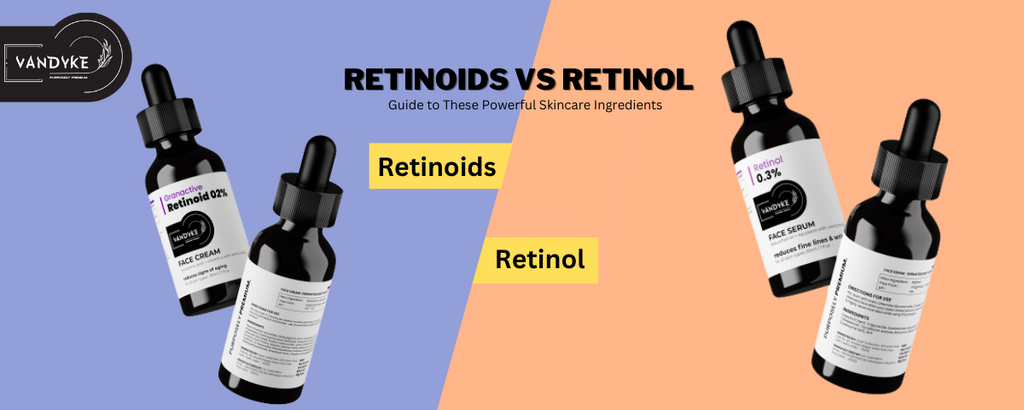
Retinoids vs Retinol Powerful Skincare Ingredients Introduction

Retinoids vs Retinol Powerful Skincare Ingredients Introduction
Welcome to “Retinoids vs Retinol: A Comprehensive Guide to These Powerful Skincare Ingredients.” If you’ve ever been curious about the world of skincare and the remarkable benefits that retinoids and retinol can offer, you’ve come to the right place. In this comprehensive guide, vandyke will delve into the fascinating realm of these skin-transforming compounds derived from vitamin A. Whether you’re seeking to address acne, wrinkles, hyperpigmentation, or simply want to enhance your overall skin health, this guide will provide you with a thorough understanding of retinoids and retinol, their applications, differences, and tips for effective usage. Join us on a journey to unlock the secrets to radiant and youthful skin through the power of retinoids and retinol.
What are Retinoids?
Retinoids, a family of compounds derived from vitamin A, are renowned for their remarkable skin-transforming properties. These potent substances are typically available only through prescription, making them a trusted choice for dermatologists and skincare professionals seeking to address a variety of skin concerns.
How effective are Retinoids?
Retinoids are celebrated for their unparalleled potency in the realm of skincare. They owe their effectiveness to their ability to penetrate the skin’s layers, reaching deep into the dermis. Here, they exert their influence on cellular processes, bringing about a host of benefits. While there are several types of retinoids, prescription-strength variants, such as tretinoin (Retin-A) and isotretinoin (Accutane), are the most robust and are often reserved for cases of severe acne and more complex skin conditions.
Applications in Severe Acne Treatment
One of the most well-known applications of prescription retinoids is in the treatment of severe acne. Acne, a common skin condition characterized by clogged pores, inflammation, and the formation of pimples, can be particularly distressing. Prescription retinoids work by accelerating skin cell turnover, preventing the formation of new comedones (clogged pores), and reducing inflammation. This triple-action approach can help individuals suffering from severe acne achieve clearer, smoother skin.
Benefits of Retinoids Other than Acne Treatment
While acne treatment is a prominent use, prescription retinoids have a more extensive range of applications. They are instrumental in addressing various skin concerns, including:
- Wrinkles and Fine Lines
Retinoids stimulate collagen production and promote skin renewal, making them a valuable tool in the fight against signs of aging like wrinkles and fine lines.
- Hyperpigmentation
These compounds can fade hyperpigmentation, such as age spots and sun damage, by inhibiting the production of excess melanin.
- Skin Texture
Retinoids enhance skin texture by smoothing rough patches, diminishing the appearance of pores, and reducing surface irregularities.
- Acne Scarring
They can help fade acne scars over time, promoting a more even skin tone.
Types of Retinoids
Retinoids, derived from vitamin A, come in various forms, each with its own unique properties and applications. Understanding the differences between these types can help individuals and healthcare professionals select the most suitable option for specific skincare needs. Here are some of the key types of retinoids:
Tretinoin (Retin-A, Atralin)
- Description
Tretinoin is one of the most well-known prescription retinoids and is available under
various brand names, including Retin-A and Atralin.
- Properties
It’s known for its potent anti-aging properties and its effectiveness in treating acne. Tretinoin stimulates collagen production, promoting smoother skin and reducing the appearance of fine lines and wrinkles.
- Uses
Tretinoin is commonly prescribed for acne treatment and as an anti-aging solution.
Adapalene (Differin)
- Description
Adapalene is a topical retinoid available under the brand name Differin.
- Properties
It’s known for its effectiveness in treating acne by preventing the formation of new comedones (clogged pores). It is generally milder than tretinoin, making it suitable for those with sensitive skin.
- Uses
Adapalene is primarily used for acne treatment and may be recommended for individuals with mild to moderate acne.
Tazarotene (Tazorac)
- Description
Tazarotene is a prescription retinoid available as Tazorac.
- Properties
Tazarotene is effective for treating acne and various skin conditions, such as psoriasis and certain types of hyperpigmentation. It is more potent than some other retinoids and may cause more skin irritation.
- Uses
Tazarotene is used in the treatment of acne, psoriasis, and conditions where skin cell turnover needs to be regulated.
Isotretinoin (Accutane)
- Description
Isotretinoin is a potent oral retinoid medication available under the brand name Accutane.
- Properties
It’s known for its ability to effectively treat severe and persistent acne. Isotretinoin reduces the size and activity of sebaceous glands, leading to a significant reduction in acne lesions.
- Uses
Isotretinoin is primarily prescribed for severe, cystic acne that hasn’t responded well to other treatments. It’s often considered a last resort due to potential side effects and requires close medical supervision.
What is Retinol?
Retinol, often dubbed the “gentler cousin”
